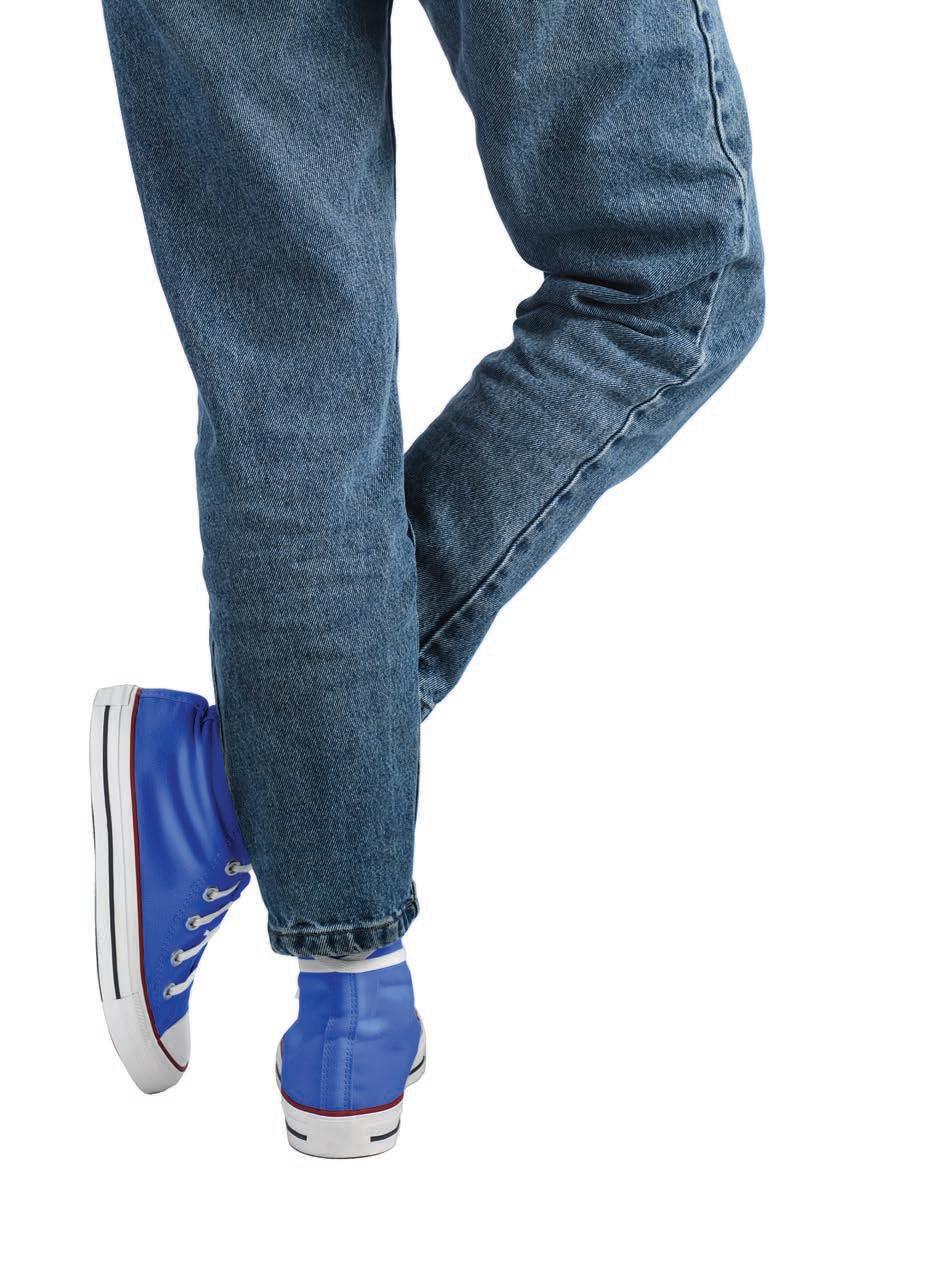
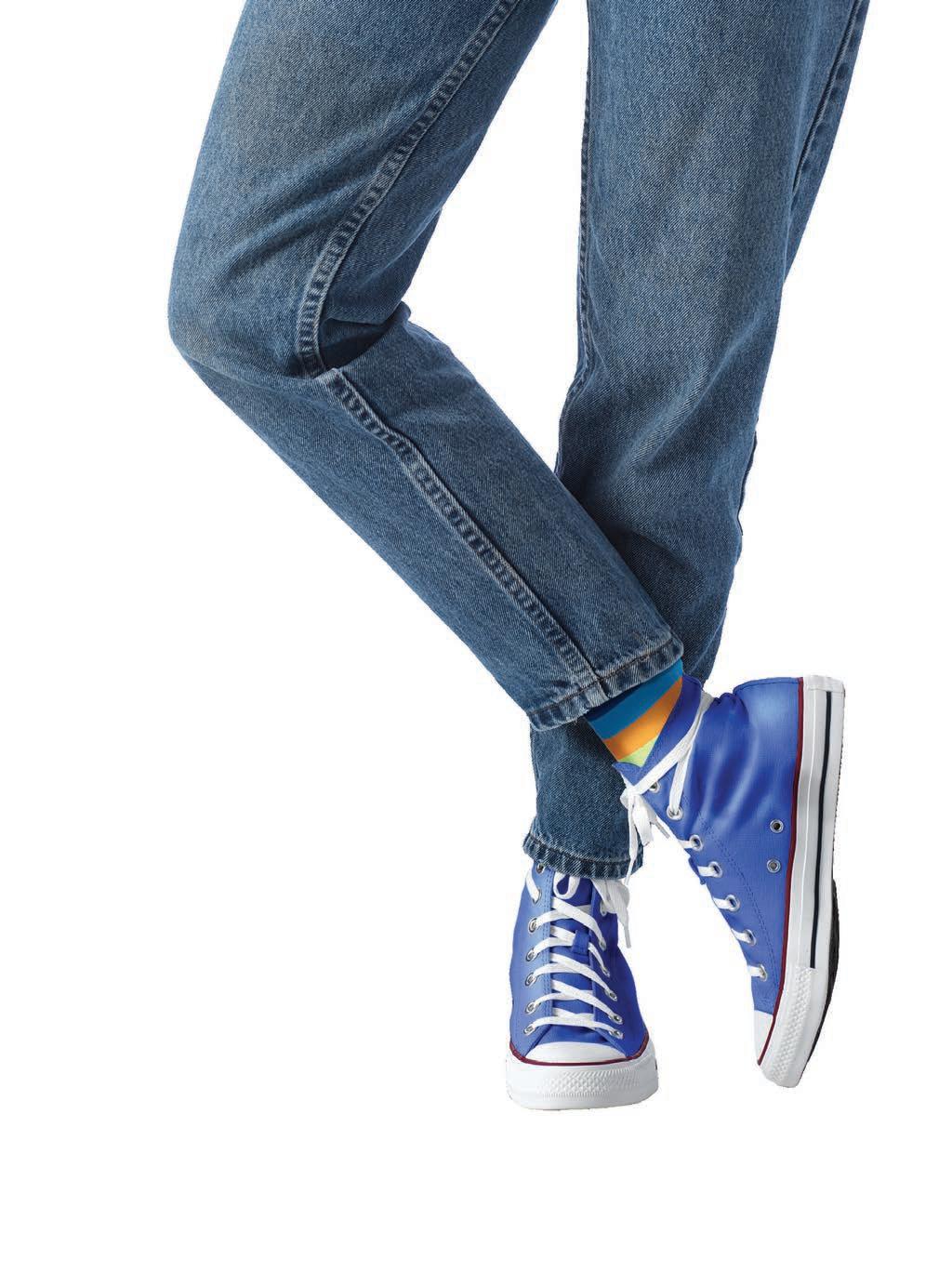





IN 1812, HAMILTON COLLEGE’S FIRST BOARD OF TRUSTEES chose “Know Thyself” to appear on our seal. That motto, borrowed from the Greek philosopher Socrates, describes a journey that our students continue to embrace today — for only after discovering your strengths, skills, and interests can you contribute meaningfully to society and achieve the professional success and personal satisfaction you seek.
We don’t expect students to arrive at Hamilton with their path already mapped out. That discovery is a big part of what the college experience is all about. No two paths to “know thyself” are alike; they are as different as the students who embark on the journey. So how do you get started?
At Hamilton, you’ll choose classes that interest you and work with professors who will challenge you. You’ll have opportunities to conduct independent research and off-campus study, pursue internships, and explore interests you maybe didn’t even know you had. Along the way, mentors and advisors will guide you as you navigate all that Hamilton has to offer to help you achieve your goals.
The path to “know thyself” starts here.
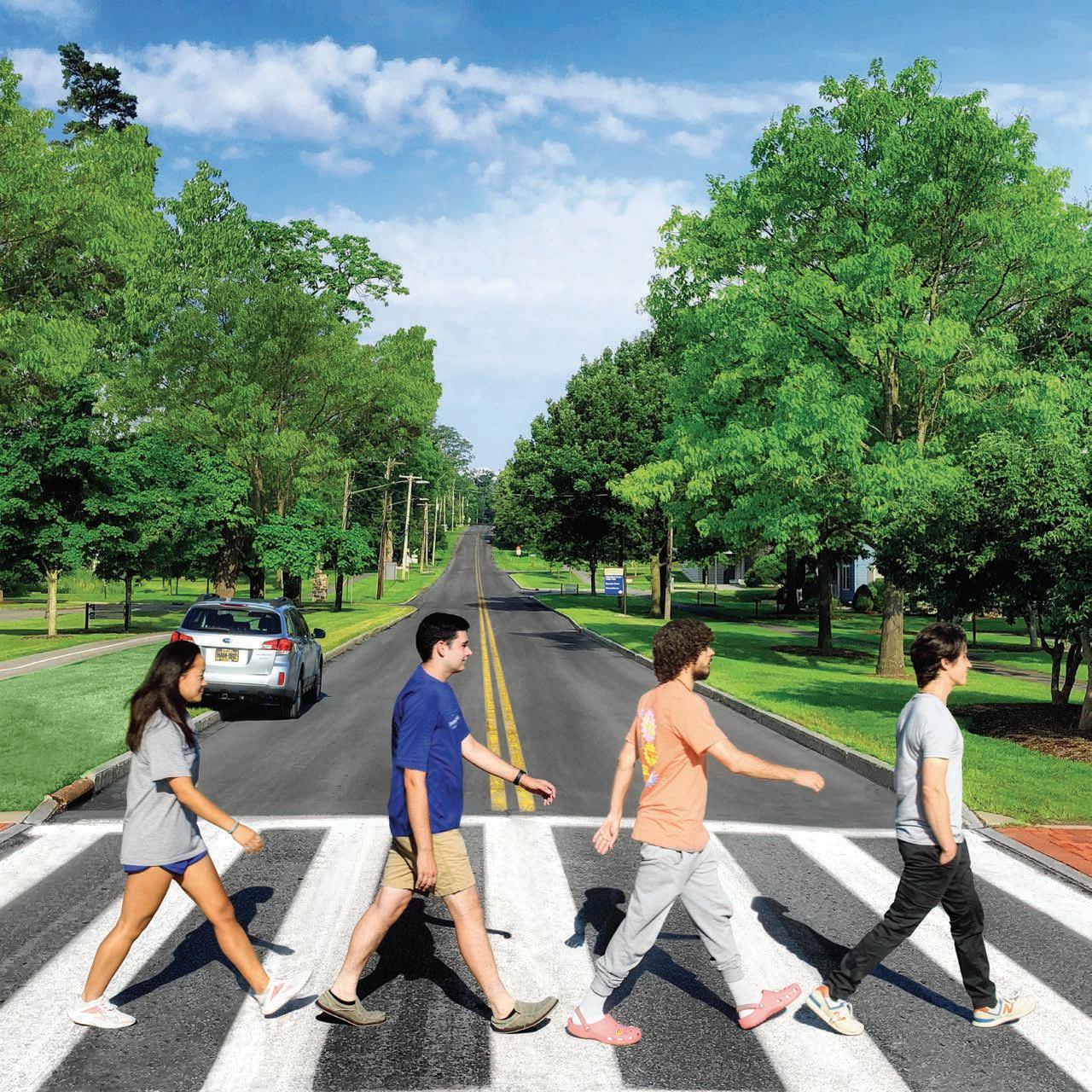
Some students come to Hamilton with a clear idea of the path they plan to pursue. Others explore many options before discovering their strengths and passions. No matter how many twists and turns your journey to “know thyself” takes, you can count on these promises we make to all of our students.
EXPLORE Your Passions
Our open curriculum will give you the freedom to study what you love and discover what you love. Our robust advising system will support your academic success, experiential learning, career preparation, and personal growth.
EXPAND Your Perspectives
You will learn to think for yourself as you encounter new ideas, experiences, and opportunities, and interact with people with different perspectives.
EXPRESS Yourself
You will develop the knowledge, skills, and confidence to communicate clearly and effectively across platforms so that you are prepared for success when you graduate.
EXPECT Opportunity
In addition to meeting all students’ full demonstrated financial need for four years, we are committed to ensuring that each and every one of our students has access to all that a Hamilton education offers.
AS ONE OF THE FEW COLLEGES in the United States with an open curriculum, Hamilton promises to assist you in creating a program of study that meets your individual interests and goals. This freedom allows you to explore areas you didn’t even know existed while also honing in on those you already know you love. As the architects of their own education, our graduates are not only more invested in their education, but are more creative, motivated, and independent thinkers.
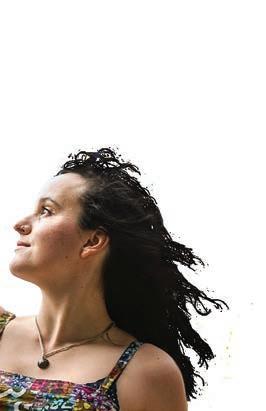
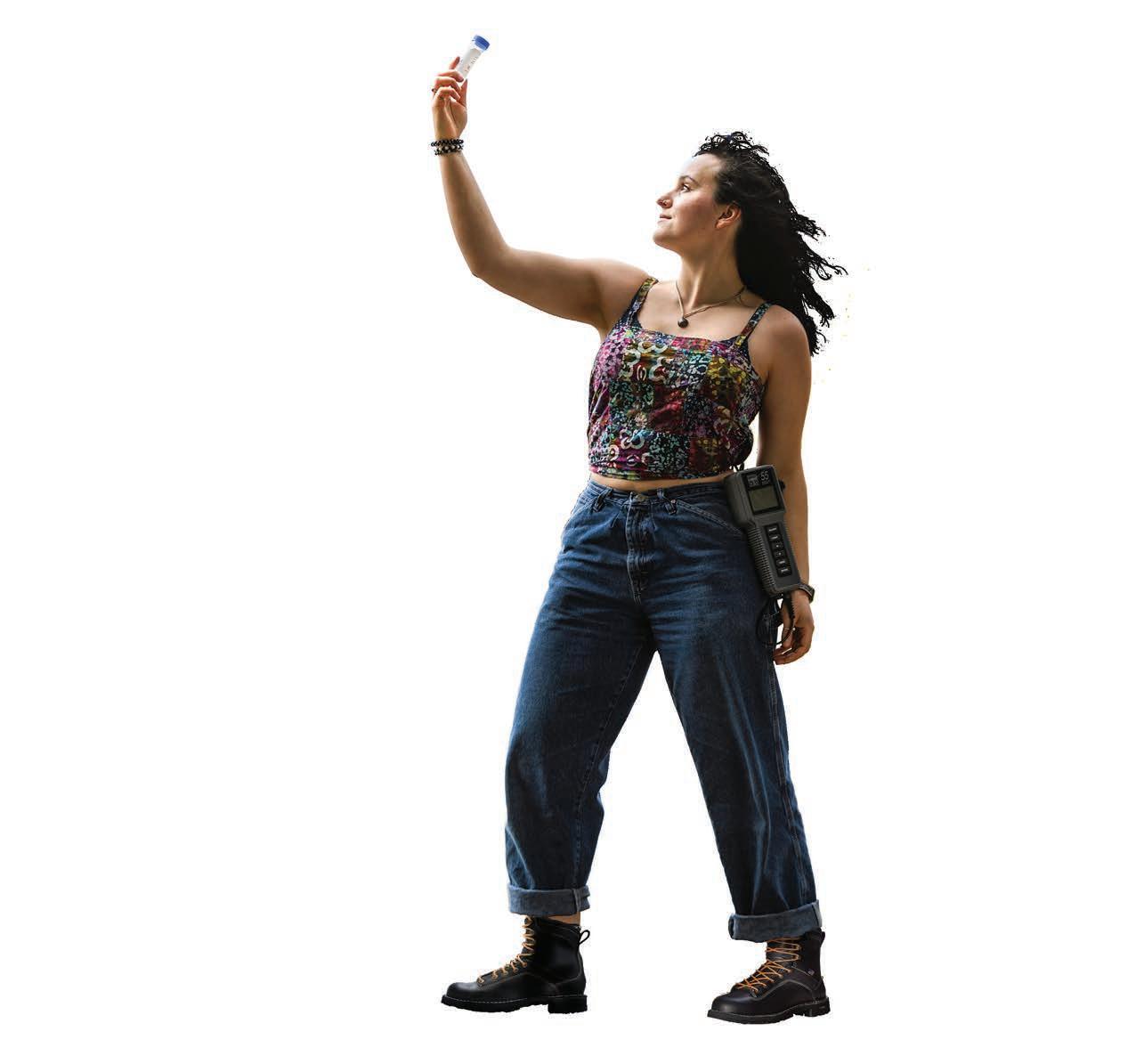


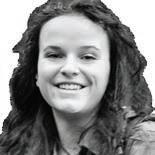
Biology and Environmental Studies major
New York Business Plan Competition grand prize winner, Aquaponics Club president, Hamilton
Sustainability Coordinator, Summer Science Research Fellow, Summer Sustainability Intern, Pottery Club president, Costume Shop assistant
biology class where I first had the idea for a device that could float on a polluted body of water and trap excessive nutrients before they are flushed downstream into a bigger water system. At the time, I knew it would be impossible to pull off. Then in my first semester at Hamilton, I took an environmental studies course. One day after class I got the nerve to ask my professor, Aaron Strong, if he had any suggestions for how I might explore my concept. To my surprise he immediately said he’d love to help.
The next semester I did an independent study with Professor Strong to conduct research that solidified the plan for my design, and followed that with independent research to build the wetland system and test it in a reservoir on
College land about two miles from campus. I designed the floating bed to encourage the growth of bacteria that can turn pollution, such as that caused by agricultural fertilizer, into a less harmful form.
It’s amazing how much support I’ve had from professors, staff in Facilities, and even the Outing Club director who let me borrow a kayak. After the College did a news story about my project, a Hamilton alum and horticulturist reached out to connect me with the CEO of a water remediation company and spent two years perfecting the device and launching a business for it with a friend from Hamilton. We recently won the grand prize and $27,500 in prize money at the New York Business Plan Competition. I can’t believe how this one idea led to so many opportunities and shared connections.
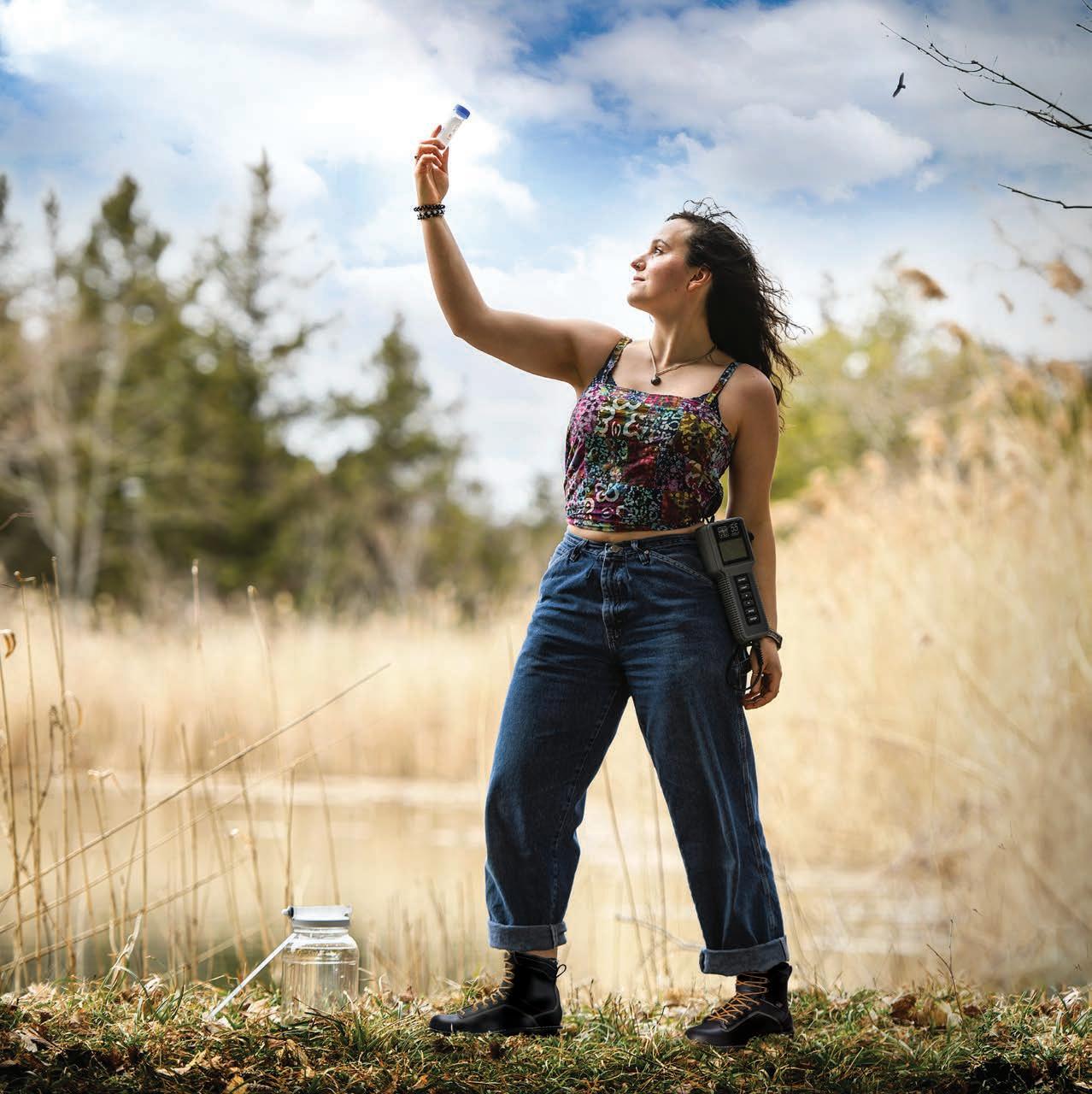
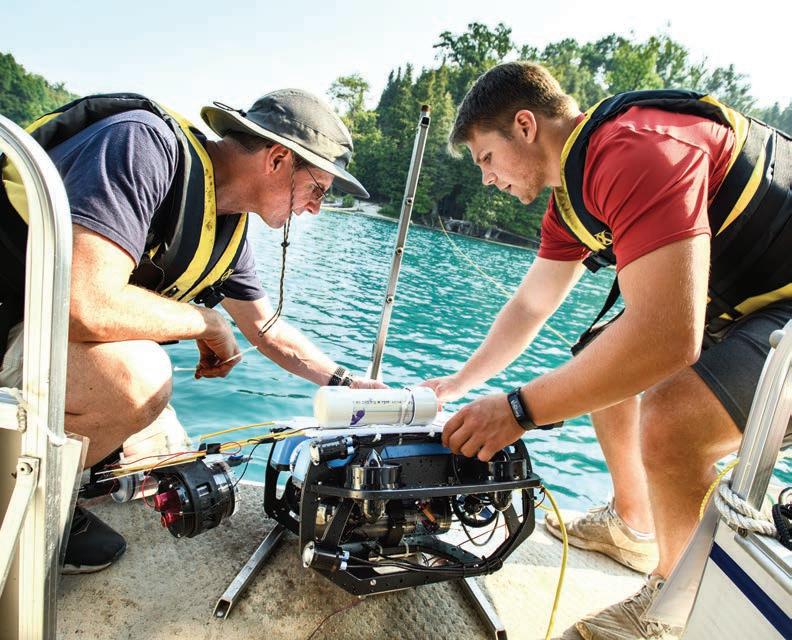
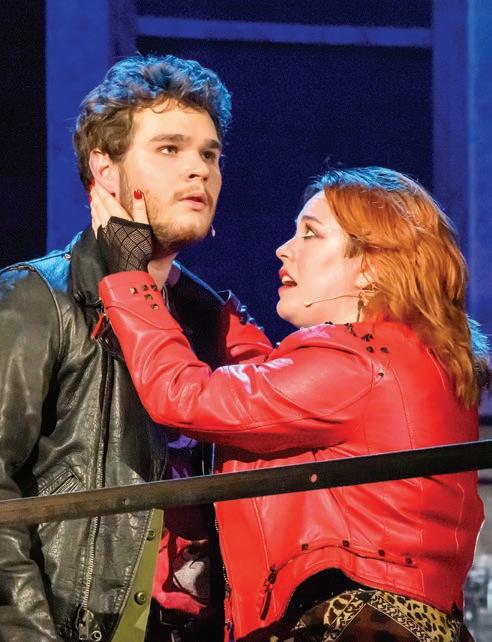
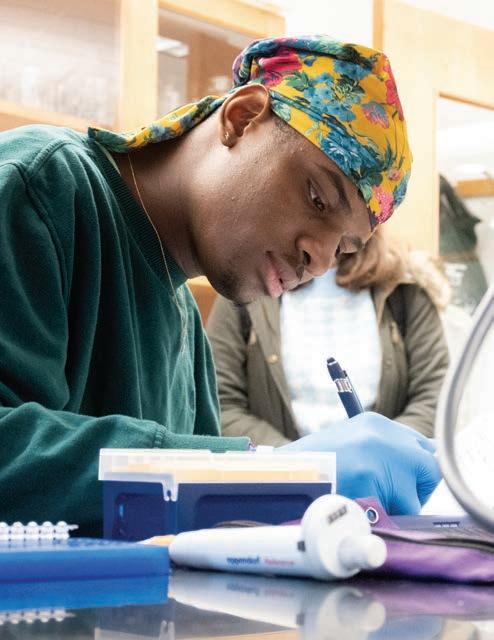
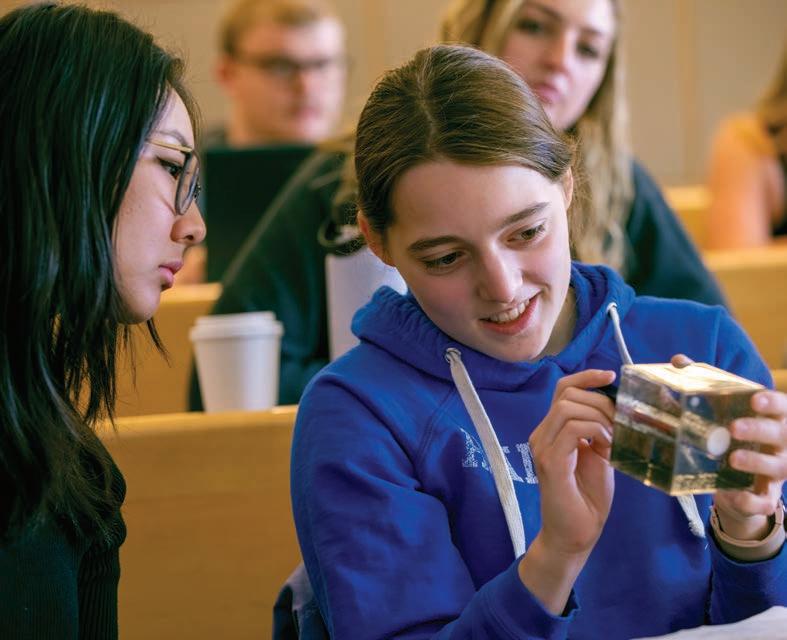
Imagine being in a class where everyone is there because they’re attracted to the subject, not because they have to fulfill some requirement. That’s the beauty of Hamilton’s open curriculum — smart students engaging actively with each other about material that genuinely interests them. In this environment, students choose subjects they’re passionate about, while still having the flexibility to explore new interests. It’s one more step in coming to “know thyself.”
Don’t worry if you haven’t decided on a major. Many students explore different options before they choose one. Hamilton's open curriculum encourages that flexibility. Others know exactly what they want to study and can’t wait to get started. Our open curriculum works for them, too. Either way, our students take advantage of what we call guided independence. You’ll be responsible for your own education with access to advisors and mentors ready to help create an individualized plan of study specific to your interests. No matter what path you pursue, you will graduate as a critical and creative thinker, writer, and speaker — skills that will help you stand out when pursuing a career or applying to graduate school.
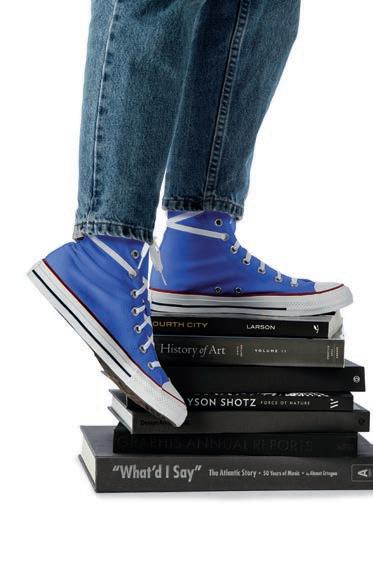
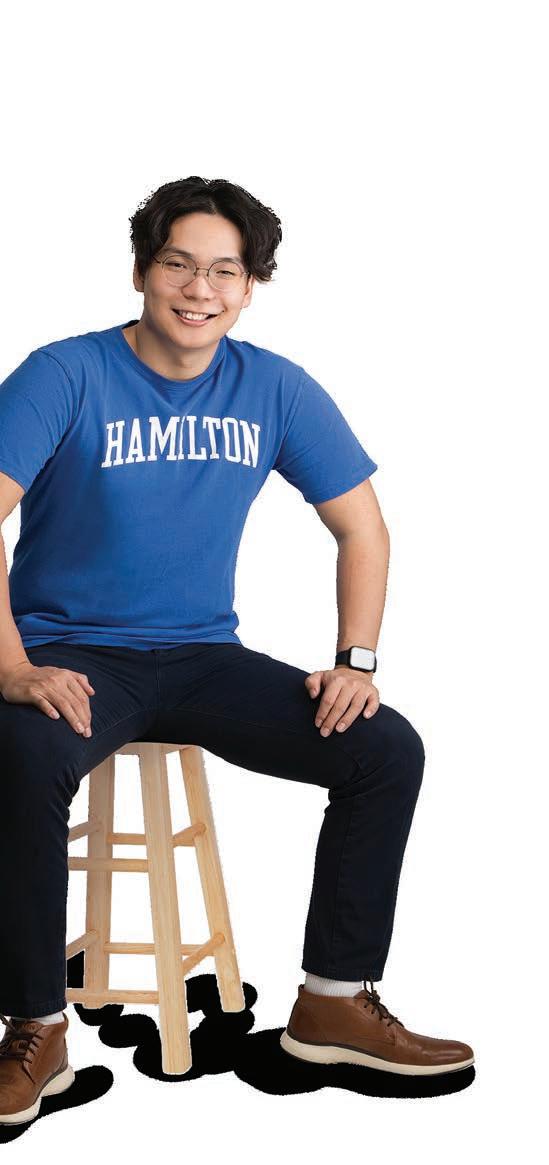
“I took classes in 11 to 12 areas of study and met great professors who asked me which classes I enjoyed and what interested me about them. With their guidance and because of a Hamilton graduate I met through a job shadow program, I chose to construct my own interdisciplinary major, and I felt supported and encouraged the entire time.” Zhaosen Guo
Be prepared to elevate the way you think and learn. Our 58 areas of study are administered by professors who win teaching awards and advance knowledge in their fields through groundbreaking scholarly research and new creative endeavors. They set high standards for their students and will expect you to interact deeply with your coursework. Most classes are designed specifically to emphasize active participation and discussion.
After spending the first two years exploring the curriculum, you’ll declare a major by the end of your sophomore year. Roughly three-quarters of Hamilton students pursue at least two majors or a major and a minor. Many explore subjects far afield from their primary course of study. We think this speaks to the freedom of the Hamilton curriculum and the almost limitless ways our students stretch themselves to pursue personal interests.
ALEX (Advise, Learn, EXperience)
Hamilton’s rigorous academic program is supported by dozens of curricular and cocurricular resources to ensure your success on campus and when you leave College Hill. But how do you know what services to access? And when? And who can help you navigate all the options to guarantee you’re maximizing all of the opportunities available to you?
Introducing ALEX, our coordinated network of on-campus academic centers, resources, and advisors that will work together to ensure your academic success and personal growth from the moment you set foot on campus until you graduate. Here’s how it works. As a first-year student, you will be assigned three advisors:
n A FACULTY ADVISOR will focus with you on your top priority — your academic program — working closely to create an educational plan matched to your interests, strengths, and career goals.
n A CAREER ADVISOR will help you identify skills and interests, explore career options, communicate your value to prospective employers or graduate programs, and connect you with alumni for job or internship opportunities.
n AN ALEX ADVISOR will be your first point of contact for many questions, introducing you to resources, services, and programs that will support you throughout your four years, and offering guidance in areas such as off-campus study, experiential learning, and finding balance in your life.
If more advice is needed, you’ll be referred to others on campus with specific knowledge about your interests. Most resources and centers within ALEX — including ALEX advisors — also employ peer interns who serve as an informal network of students offering inside advice about making the most of your college experience.




Experiential learning can happen in and out of the classroom, on or off campus. It includes labs and performances, research and internships, community outreach programs and leadership institutes, off-campus study — the list goes on. In all these diverse experiences, students acquire knowledge and skills from a structured learning opportunity.
Hamilton provides roughly 180 research stipends to students each summer, allowing them to pursue original projects working closely with a faculty mentor. Often their collaborative research results in publication in academic journals or presentations at professional conferences. In addition, all Hamilton students graduate having completed a capstone experience known as the Senior Program, which typically involves significant research or an original artistic creation.
Your career exploration starts here. Around 94% of recent graduates have completed at least one internship; three-quarters completed two or more. And students can apply for Hamilton-sponsored grants when they find the perfect internship that turns out to be unpaid or minimally paid.
“Research labs at Hamilton tend to be small (fewer than 10 students) and tightly knit. Becoming a member of a research lab enables students to develop close relationships with professors and fellow students. They are also intellectually stimulating and fun! Mentoring my students is the best part of my job.”
Andrea Townsend, associate professor of biology and crow behavior expert
Our students are involved in advocating for a better world. From opportunities offered through Hamilton’s renowned Levitt Public Affairs Center and Community Outreach & Opportunity Project (COOP), to our Sustainability Coordinators and Social Justice Fellowships, you will find almost endless ways to develop leadership skills while advancing change in social, economic, environmental, and cultural policies and practices.
More than half of our students explore different cultures and take on new intellectual challenges by studying for a semester or a year away from campus. You can choose from more than 100 approved programs or participate in one of Hamilton’s highly regarded options in France, Spain, New York City, Washington, D.C., or the New England Center for Children.
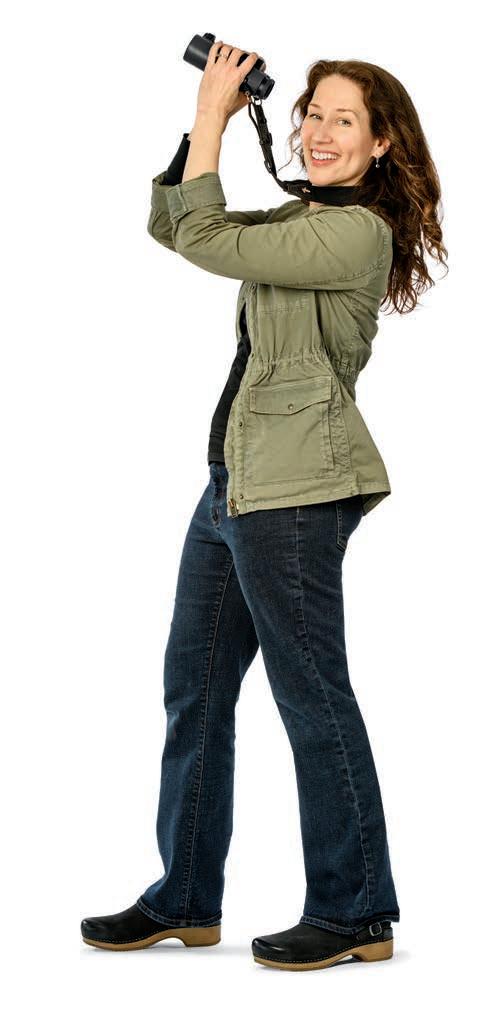
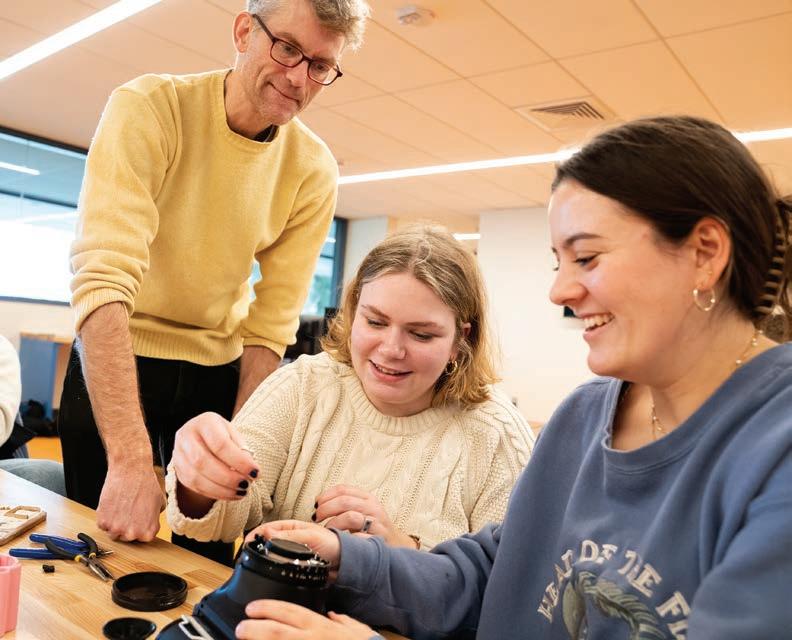
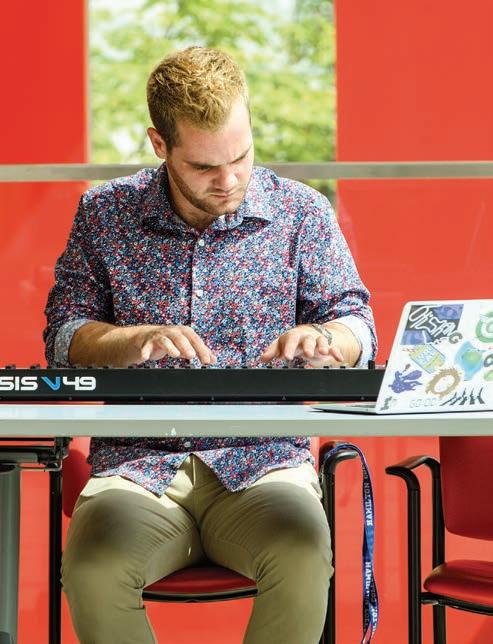
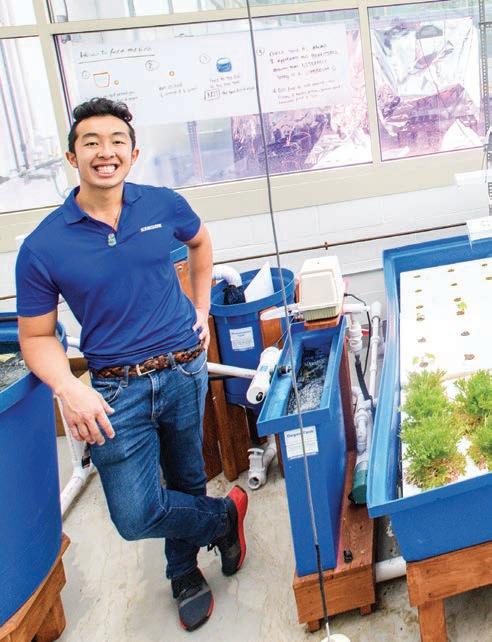
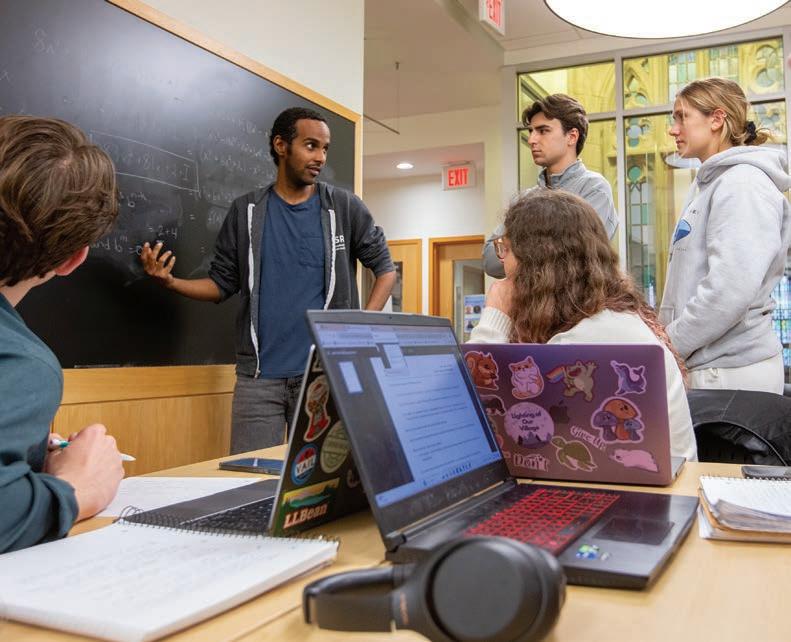
Africana Studies
American Studies
Anthropology
Arabic
Archaeology
Art
Art History
Asian Studies (China, India, Japan)
Astronomy
Biochemistry/Molecular Biology
Biology
Chemical Physics
Chemistry
Chinese
Cinema & Media Studies
Classics
Computer Science
Creative Writing
Dance & Movement Studies
Data Science
Major Minor Only Language Only
Digital Arts
Economics
Education Studies
English
Environmental Studies
French & Francophone Studies
Geoarchaeology
Geosciences
German Studies
Government
Greek
Hebrew
Hispanic Studies
History
Interdisciplinary Concentration
Italian
Japanese
Jewish Studies
Jurisprudence, Law & Justice Studies
Latin
With additional preprofessional advising for business, education, engineering, law, and medicine
Latin American & Latine Studies
Linguistics
Literature
Mathematics
Medieval & Renaissance Studies
Middle East/Islamicate Worlds Studies
Music
Neuroscience
Philosophy
Physics
Psychology
Public Policy
Religious Studies
Russian Studies
Sociology
Spanish
Statistics
Theatre
Women's & Gender Studies
World Politics
that attracts people from different backgrounds, experiences, and perspectives. Every student, professor, and staff member brings something unique to campus, and each comes to “know thyself” by engaging with one another. As a result, you will leave College Hill as a more informed, open-minded, and compassionate person — traits that will serve you well in your career, your community, your family, and your life.
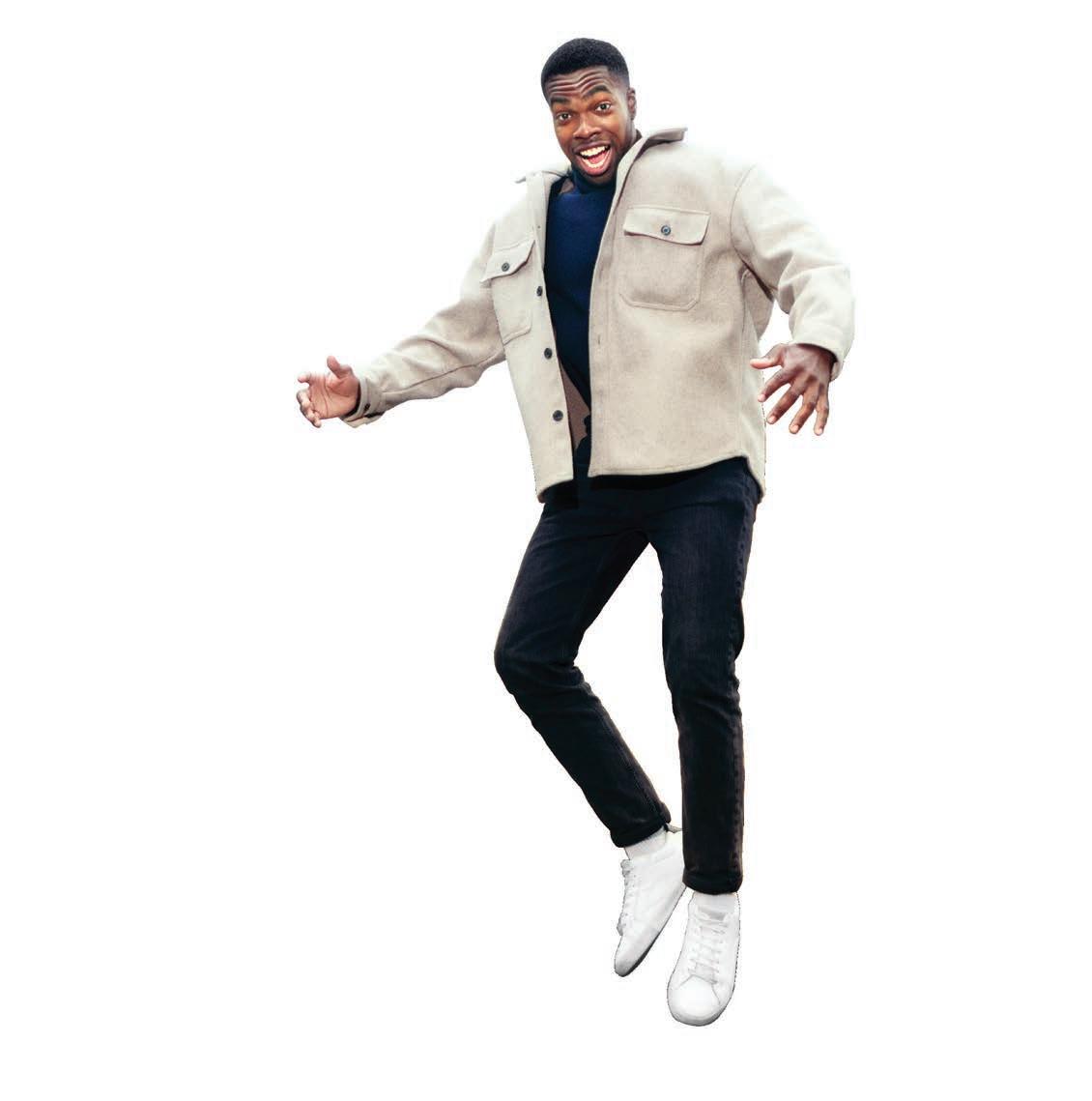
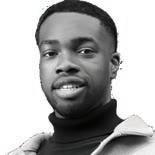
MY CAREER PLAN is to incorporate both political science and finance, because I believe that understanding governmental and political institutions, while having a background in economic systems, can create an avenue for effective change within society. The connection between colonialism and Africa plays a major role in the current political and social dynamics within many post-colonial West African countries.
During my time at Hamilton, I wanted to study abroad so I could learn more about how these theories were used to shape the institutions and governmental structures of African countries that gained their independence after the Cold War.
In the fall of my junior year, I got an email from the student fellowships coordinator about the Gilman Scholarship Program, which helps students study or intern abroad. The coordinator and a Hamilton alumnus helped me with my application, frequently checked in, and meticulously went over my materials before I submitted them. I was awarded the scholarship and spent that spring semester studying at the University of Cambridge in the U.K.
This experience provided me with the necessary resources to more deeply understand the different political frameworks and nuances involved in international relations politics while learning alongside students from across the globe.
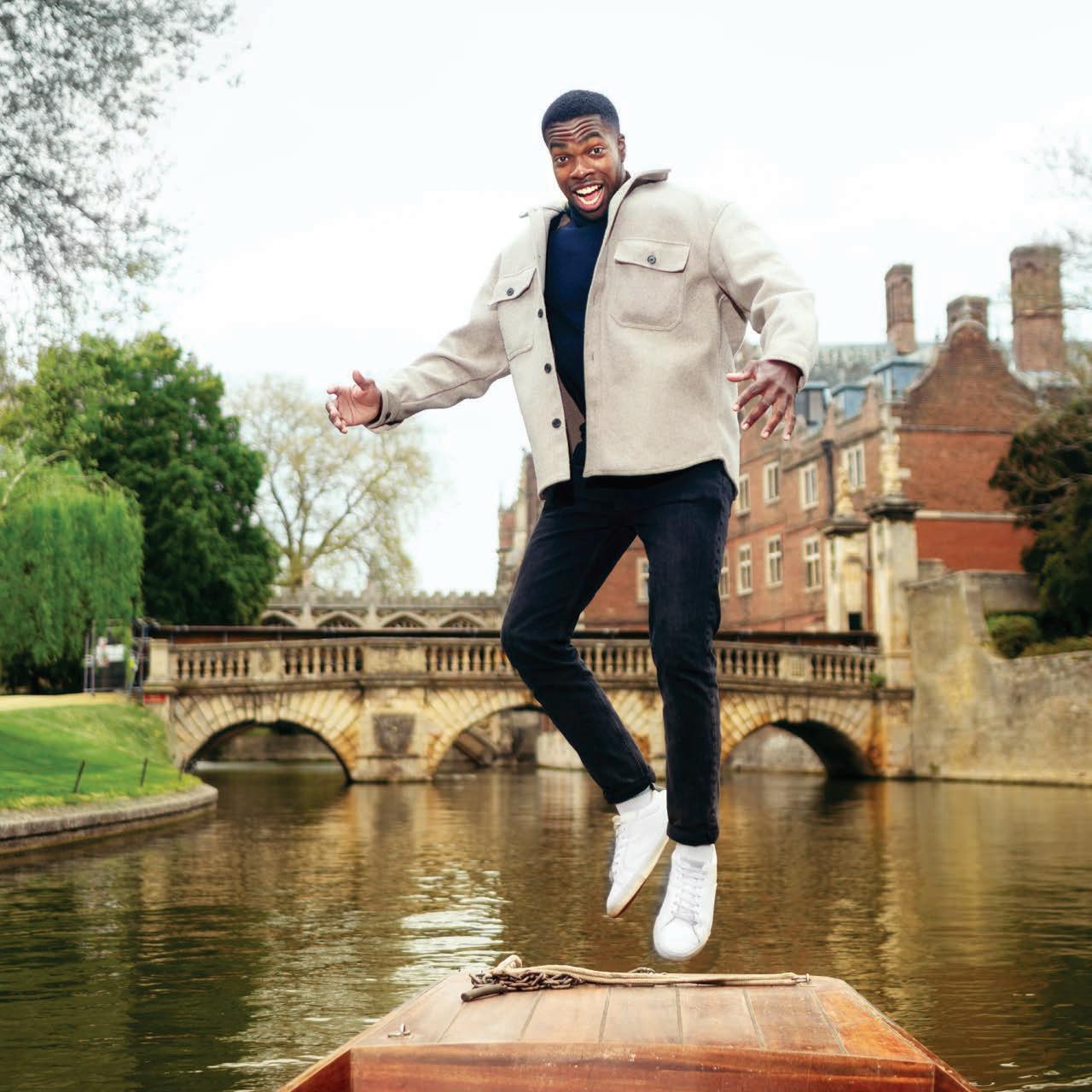
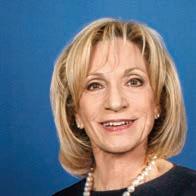
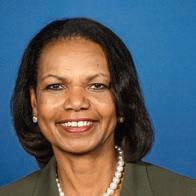
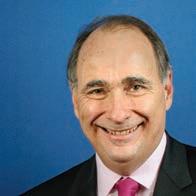
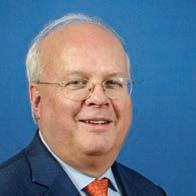
Past
Come to Hamilton prepared to share your opinions, challenge assumptions, and, yes, disagree respectfully. You’ll probably get better at formulating and articulating your viewpoints, and you might even find you change your mind about some things.
Our Common Ground forum brings well-known speakers to campus to discuss contemporary issues while modeling respectful dialogue from different perspectives. The Days-Massolo Multicultural Center, which regularly sponsors panels, lectures, and social programming, serves as a central resource for exploring connections among gender, race, culture, religion, sexuality, ability, socioeconomic class, and other facets of human difference.
Think of Hamilton’s campus as a small city that has the feel of a close-knit neighborhood. In addition to top-notch academic facilities, you’ll find a multitude of housing, dining, entertainment, fitness, recreation, religious, and social options. And just like a small city, we have our own government, newspaper, radio station, health and wellness center, orchestra, sports teams, and art museum. In a typical year we host roughly 1,800 concerts, lectures, sporting events, comedians, blood drives, poetry readings, workshops, debates, worship services, gallery openings, coffeehouses, volunteer activities … well, you get the idea.
“A
few of my lacrosse teammates and I created a book club because we were looking to do something together that stretched our minds in different ways. Our conversations have been thought-provoking. We’ve learned a lot about each other and built a foundation of trust that has strengthened our relationships on and off the field.” Jack Dorsey
It may sound clichéd, but at Hamilton you’ll find opportunities to “step outside your comfort zone” on campus — like taking on a new hobby or a leadership role in one of our student-run clubs and organizations — or by volunteering in the local area or developing a more global perspective by studying abroad. We are not a community of spectators.
Hamilton is different from other highly selective and respected Northeastern liberal arts colleges. We certainly enroll talented students who are serious about their studies, but they don’t take themselves too seriously. Someone once described us as “prestigious, but not pretentious.” Often students who select us say, “It just felt like home.”
Part of the evolving process to “know thyself” is developing self-awareness and making choices aimed at achieving a healthy and fulfilling life. At Hamilton, you’ll find many opportunities and resources designed to help you build a strong foundation of mental, social, and physical wellbeing. You might participate in the annual Ham & Legs 5K run and walk, take a yoga class, conquer the three-story climbing wall, or join the Outing Club on a weekend trip to the Adirondacks. Hamilton’s Counseling Center offers an array of services from individual and group therapy to biofeedback to psychiatric and dietary counseling. In-the-moment support is available by phone 24/7/365, even over breaks or if you’re studying off campus.
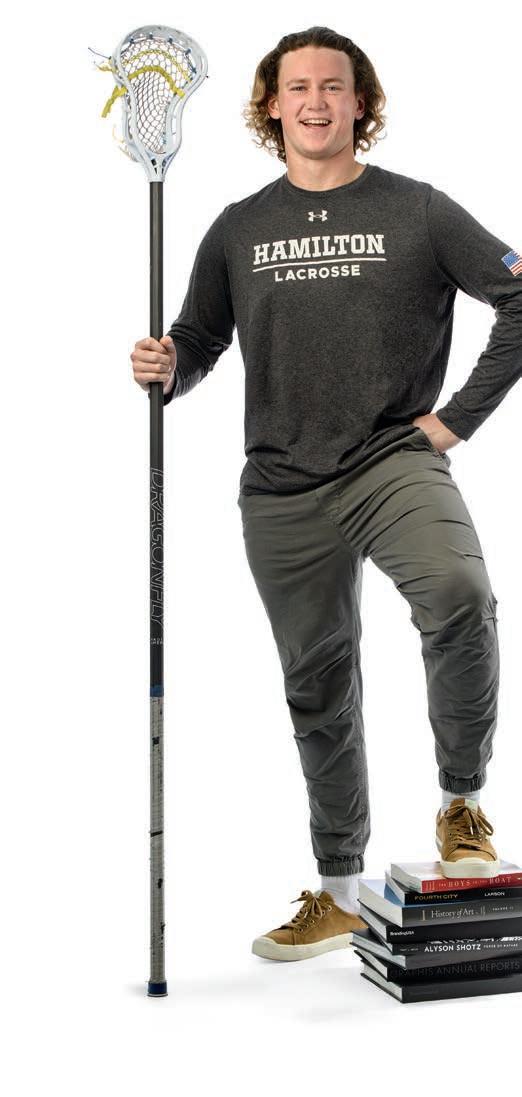
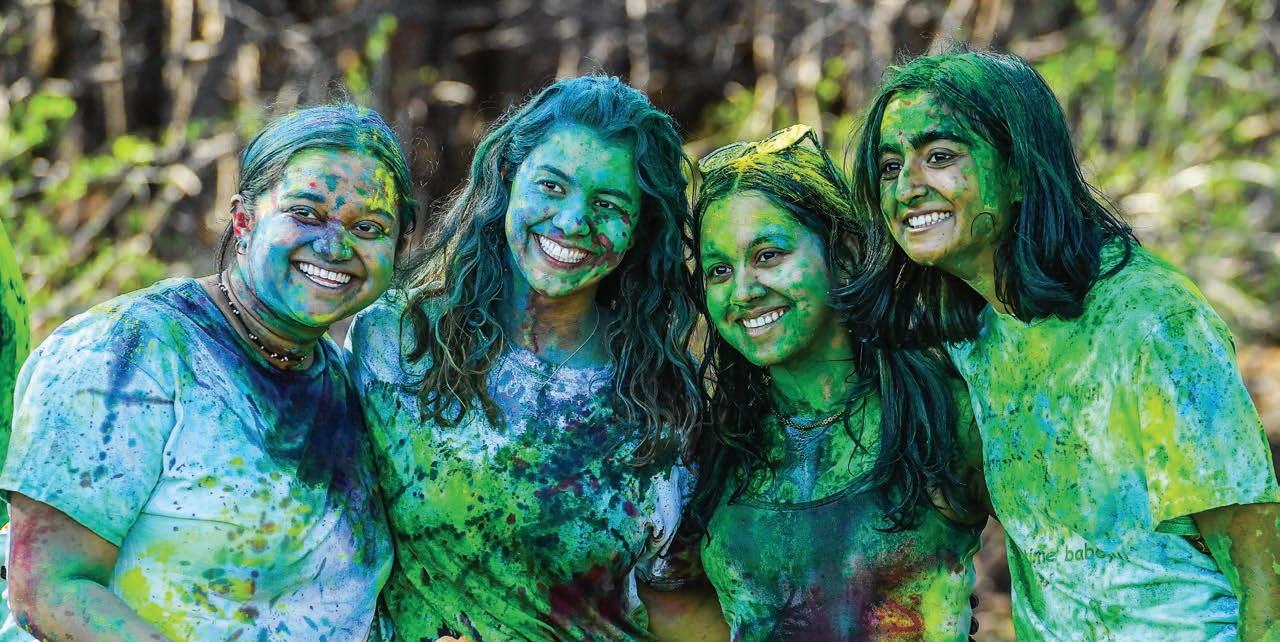
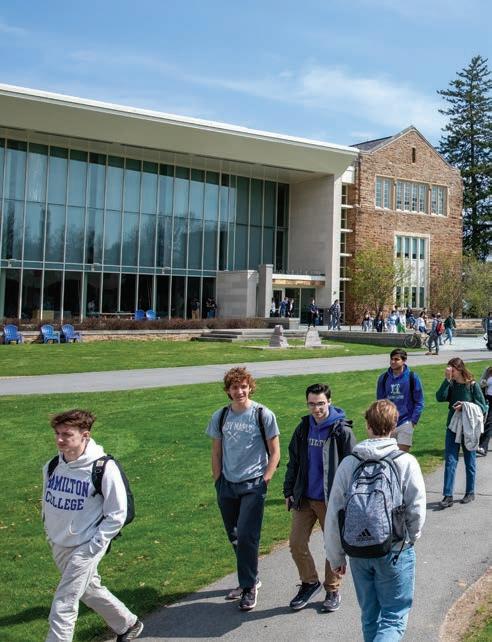
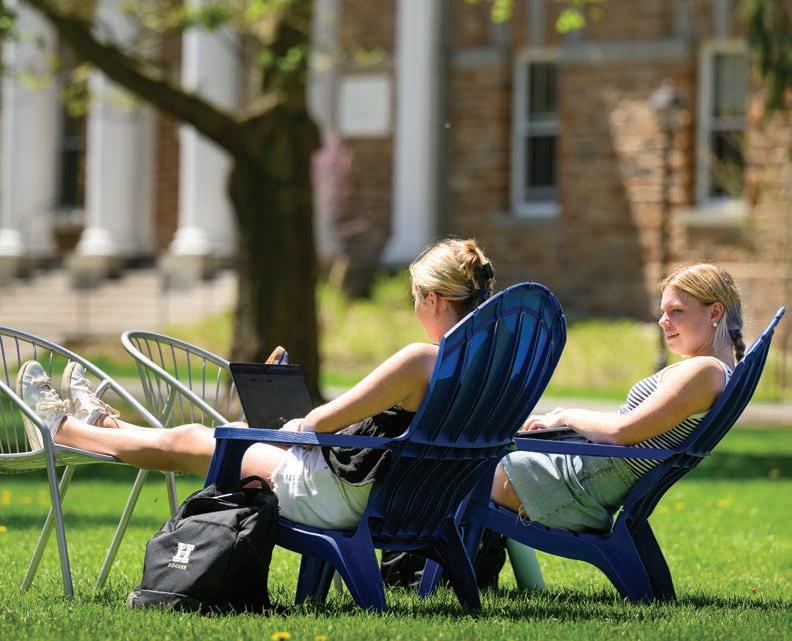
“I don’t wish for students to make the intellectual choices that I did. I just hope they find ideas they’re fired up about!”
Pavitra Sundar, associate professor of literature
You’ll meet some of your closest friends at Hamilton — friends who will be part of your life forever. Throughout your four years on College Hill, you can expect friends, classmates, and hallmates to show up at your a cappella concert, swim meet, poetry reading, or senior thesis presentation. These friendships will endure. Oftentimes your professors are there, too. You’ll also find students supporting each other during times of significant challenge and even hardship. At Hamilton, we watch out for one another.
Membership in the Hamilton community lasts a lifetime. Our graduates remain exceptionally loyal and passionate supporters of their College and the students who have taken their place on College Hill. They show it through generous contributions, of course, but alumni also provide our students with internships, job-shadowing experiences, and other forms of career advice. They visit campus regularly to recruit and speak in classes. And when you graduate and start your post-college life in a new city, Hamilton alumni are there again to help you get started.
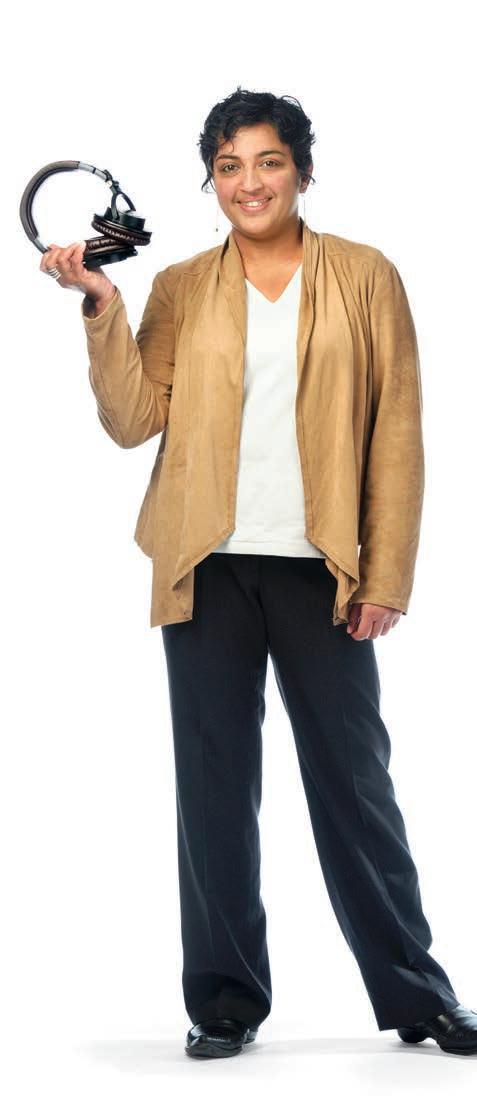
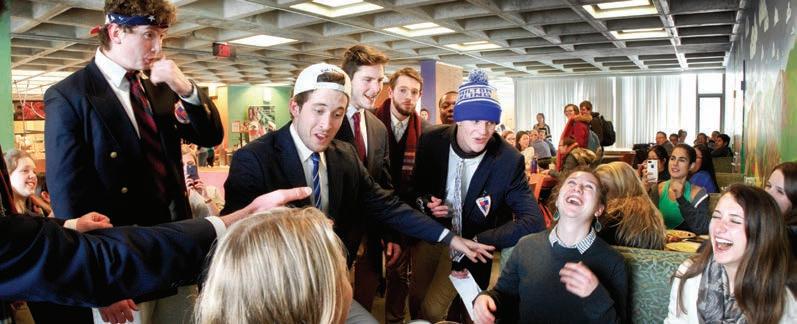
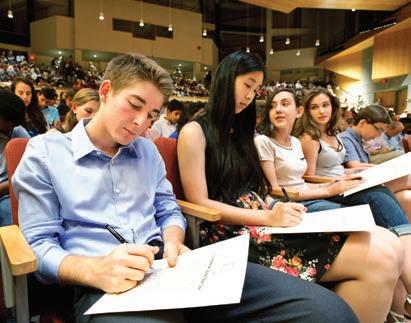
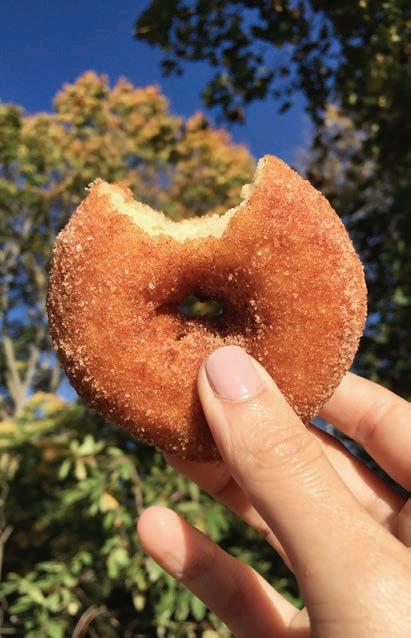
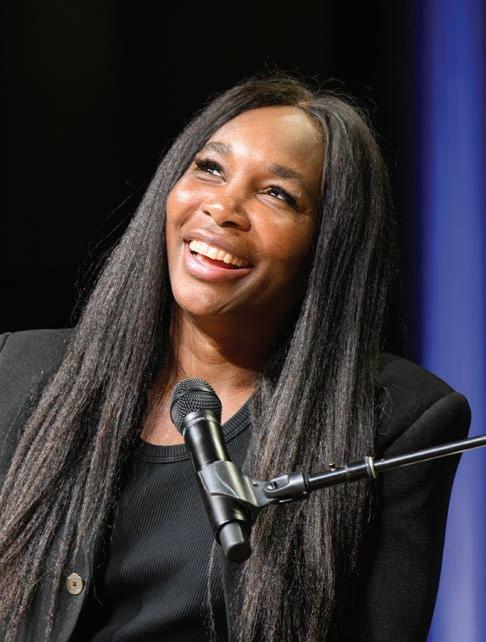
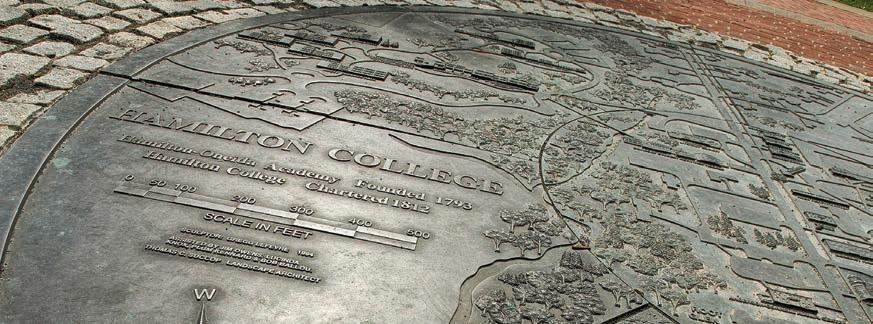
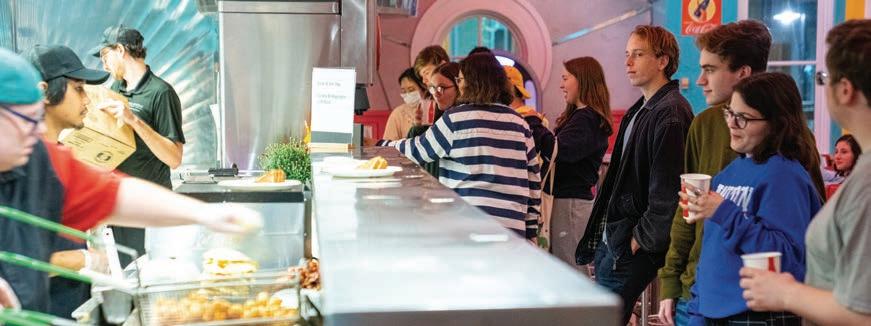
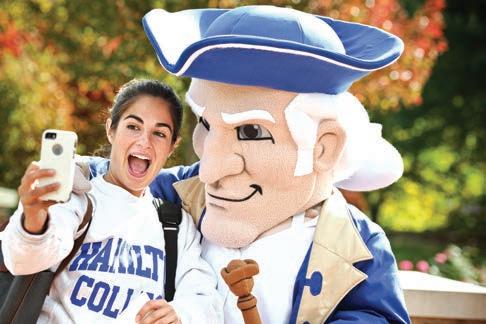
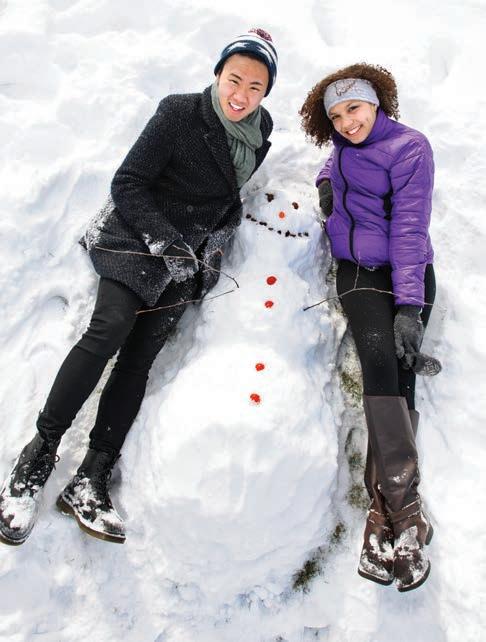
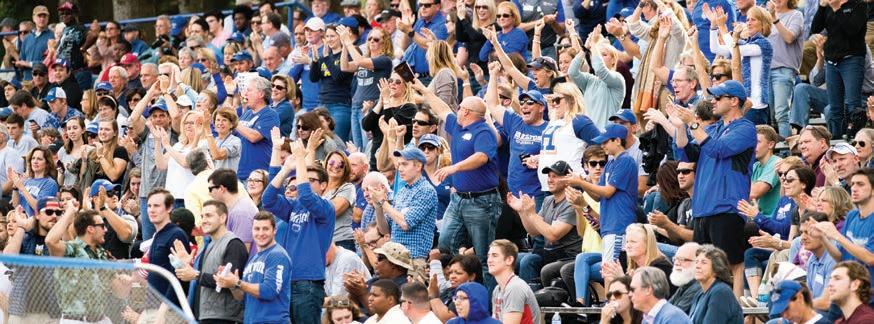
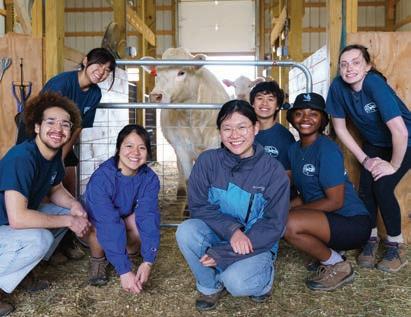
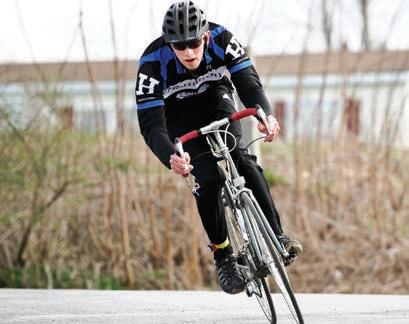
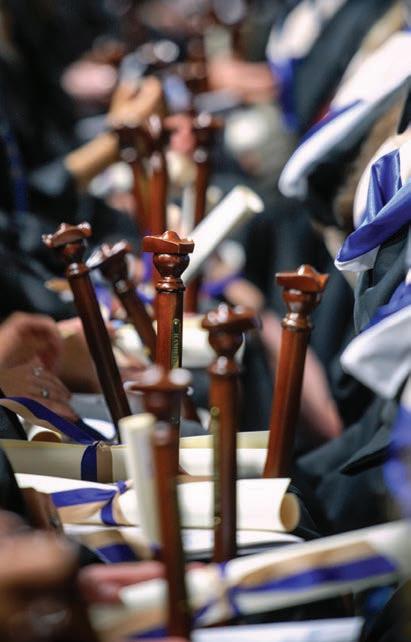
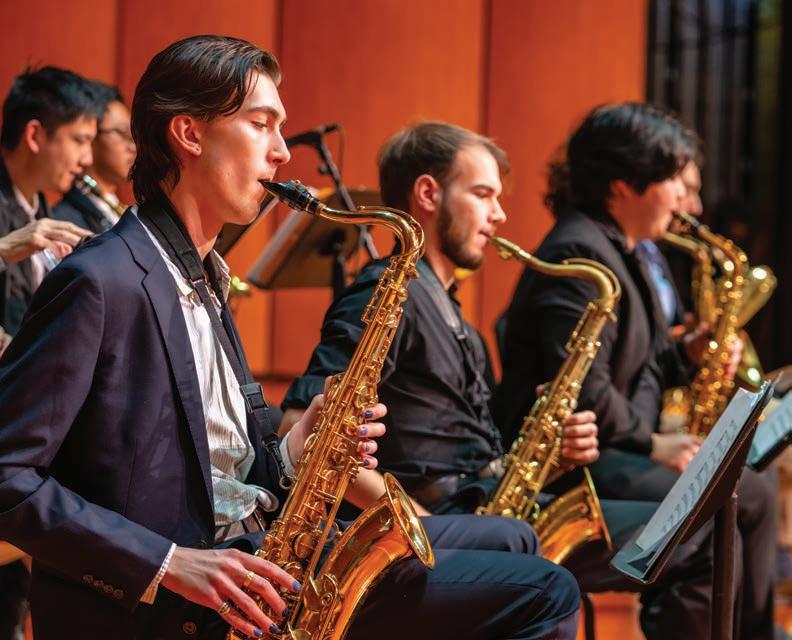
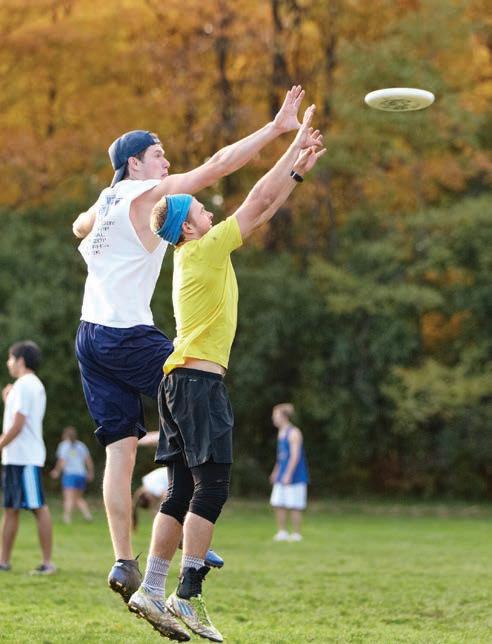
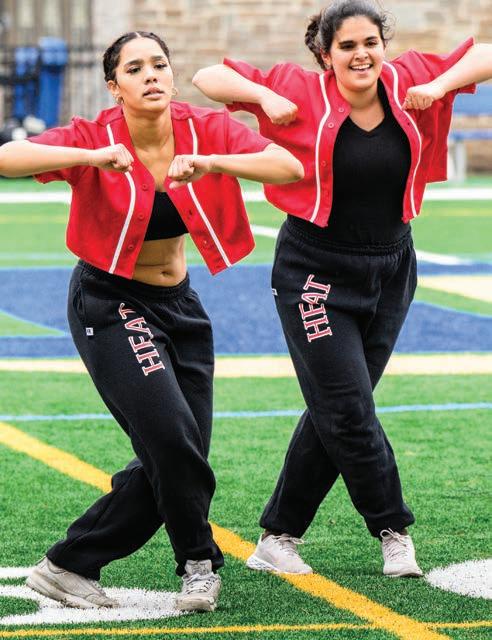
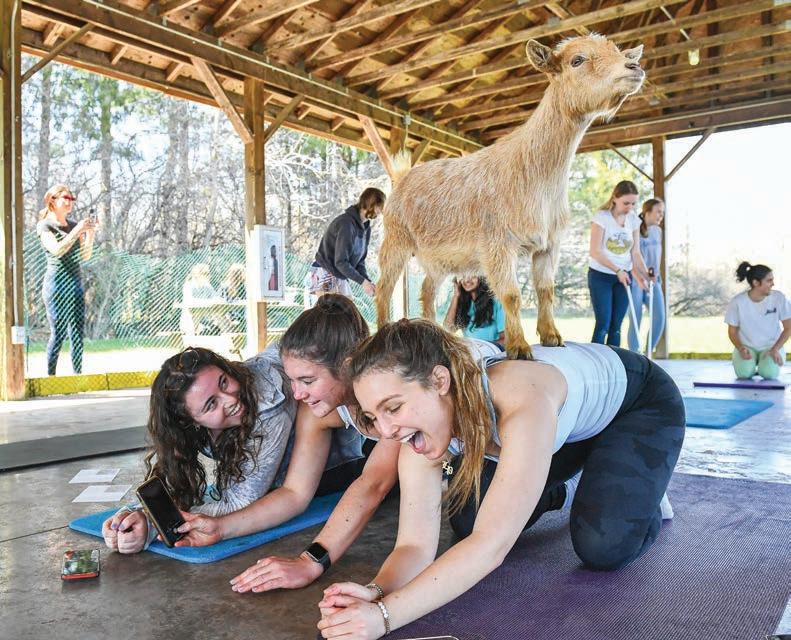
Academic / Pre-Professional Organizations
App Development at Hamilton
Classics Club
Coding Team
Debate Society
Geological Society
TAMID Chapter
Investment Club
Mathletics
Pre-Professional Health Careers Club
ROOTS: Hamilton’s Society for Students of Color in STEM
Society for Physics Students
Student Chapter of the American Chemical Society
Women in Business
Women in Finance
Womxn in STEM
Cultural Organizations
African Student Association
Asian Student Union
Black & Latinex Student Union
Brothers Organization
Caribbean and African Students
Association
Center for Intersectional Feminism
Disabled Students Network
Feminist of Color Collective
French Club
Gender & Sexuality Union
German Club
International Cultural Association
La Vanguardia
Shenandoah-Kirkland Initiative
Spanish Club
Fun & Games Organizations
Board Game Club
Card Game Club
Chess Club
Geoguessr Club
Juggling Club
People Who Like To Do Fun Things (PWLTDFT)
Ping Pong Club
Pokemon Go Club
Roleplaying Game Club
Super Smash Bros. Club
Trivia Night
Government & Public Affairs Organizations
Action Against Hunger Group
AHI Undergraduate Fellows
College Democrats
College Republicans
Mock Trial
Model United Nations
Students for Justice in Palestine
Student Government Alliance
Young Democratic Socialists of America
Music Ensembles
Chamber Ensembles Choir
College Hill Singers
Jazz Combo
Jazz Ensemble
WHETHER IT’S ON THE stage or behind a podium, in the community or on the field, students get involved at Hamilton. Cocurricular activities empower students to explore interests and ideas, collaborate with peers, and share their passions with others. Here’s a sampling of recent student-run endeavors.
Masterworks Chorale
Orchestra
Wind Ensemble
Performance Groups
Band Club
Buffers
Dance Team
Duelly Noted
Hamiltones
HEAT
On Pointe
Special K
Student Dance Alliance
Tap That!
Tropical Sol
Tumbling After
Untitled@Large
Yodapez Improv
Recreational Organizations
Badminton Club
Basketball Club
Bike Co-op
Bowling Club
Brazilian Jiu-Jitsu Club
HamTrek
Lifting Club
Marathon Canoe Racing Team
OFF BEAT
Outing Club
Pretty Tough
Robotics
Rocketry Club
Running Club!
Scottish Country Dancing
Tennis Club
Volleyball Club
Religious Organizations
All Beliefs Union
Chabad Community
Fellowship of Christian Athletes
Hamilton Christian Fellowship
Hillel
Meditation Club
Muslim Students Association
Newman Council
Special Interest Organizations
Alexander Hamilton Press
Anime Club
Architecture and Design Studio
Athletes of Color Initiative
Campus Activities Board (CAB)
Consulting Club
Culinary Club
Emerson Literary Society
Film Club
Finance Club
First Draft
Fraternities
Full Moon
Hamilton Herbivores
Know Thy Shelf
One Love Club
Philosophy Club
Pottery Club
QuestBridge Scholars Network
Sororities
Star Wars Club
Student Athletic Advisory Committee (SAAC)
Up and Down Club
Student Media
Grasping Roots presents Culture Magazine
Green Apple
Red Weather
Signature Style
Suture
The Continental
The Daily Bull
The Duel Observer
The Hamiltonian
The Monitor
The Spectator
WHCL Hamilton College Radio
Sustainability Organizations
Climate Justice Coalition
Plants @ Hamilton
Slow Food
Volunteer Organizations
Alternative Breaks (AXB)
Hamilton’s Closet
HamVotes
HAAND (Hamilton Autism Advocates for Neurodiversity)
HAVOC (Hamilton Association for Volunteering, Outreach, and Charity)
Morgan’s Message
Strong Girls
Student EMTs
WHAT GOOD IS HAVING A GREAT IDEA if you can’t communicate it effectively? We believe that communicating well is evidence of your ability to think well — and we promise that at Hamilton you’ll learn both. Our faculty will teach you how to express yourself through writing and speaking, of course, but also through digital communications and artistic expression, all of which will help you stand out no matter what path you choose after graduation.
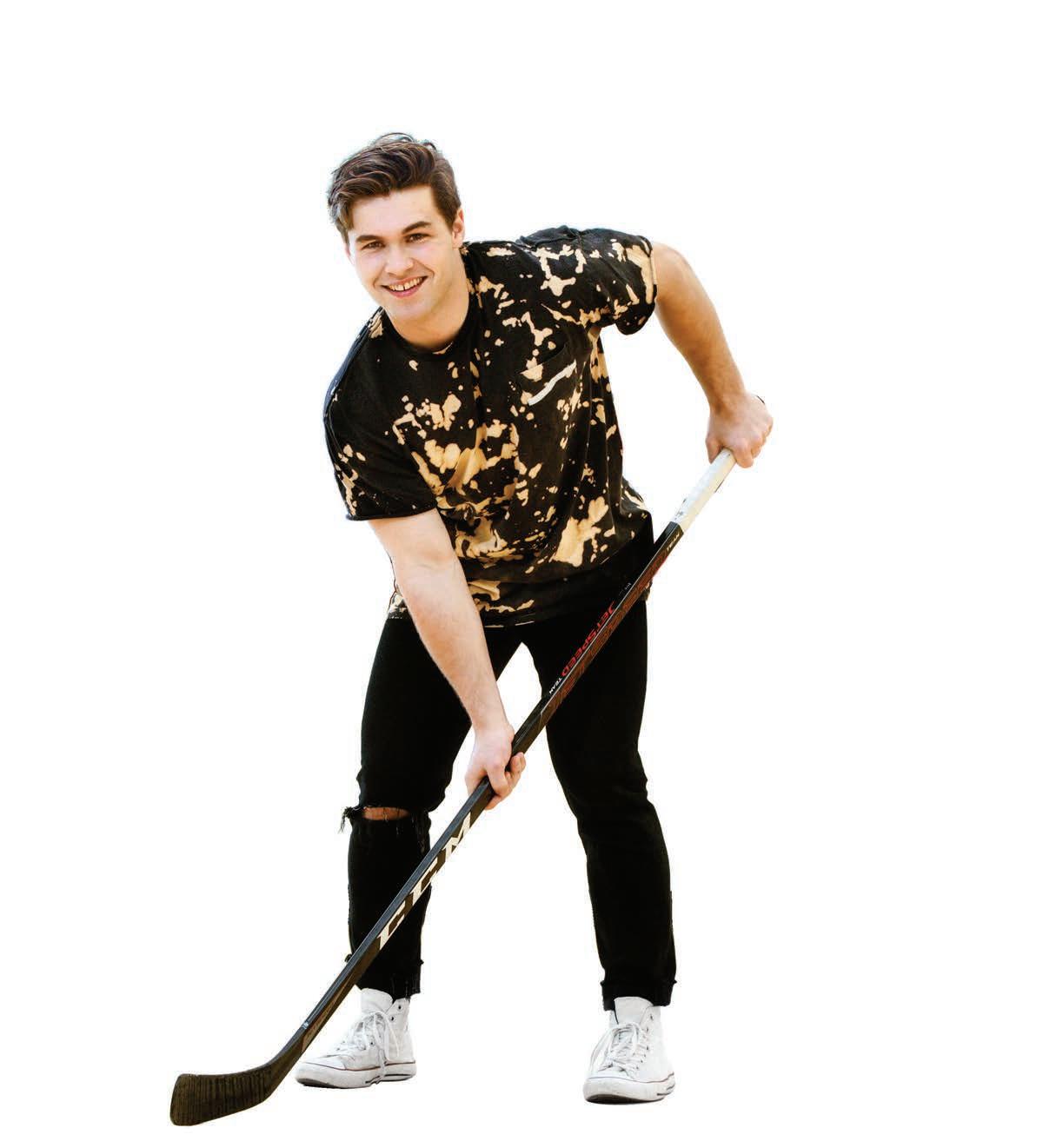
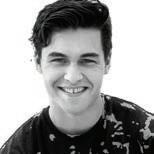
Chad Varney
I GIVE 100 PERCENT of myself to everything I do, so what I study needs to excite me. At Hamilton, I found a community that wanted that for me and more. When I discovered my passion for studio art, I had the confidence to go for it because everyone around me told me to pursue what I loved and that everything would fall into place — and it has.
I created an independent study course during my sophomore year that focused on sustainable clothing production and fast fashion. A friend and I were already learning how to upcycle clothing, not knowing how relevant the issue of fast fashion was in the industry. Our professor opened our eyes to the idea of slow fashion,
a method of production that focuses on individual garments. This inspired the creation of my company, Upcurl Clothing, where we provide unique, responsibly sourced garments in an effort to shift toward a more ecofriendly approach.
My senior project mixed my enthusiasm for illustration with fashion design, two interests I’ll pursue after I graduate. Hamilton played a big role in all of it. At every moment during my time here, there were people — professors, staff members, my hockey teammates, and classmates — supporting me and Upcurl. It’s the coolest experience to see people across campus repping items we’ve made and knowing it’s had an impact.
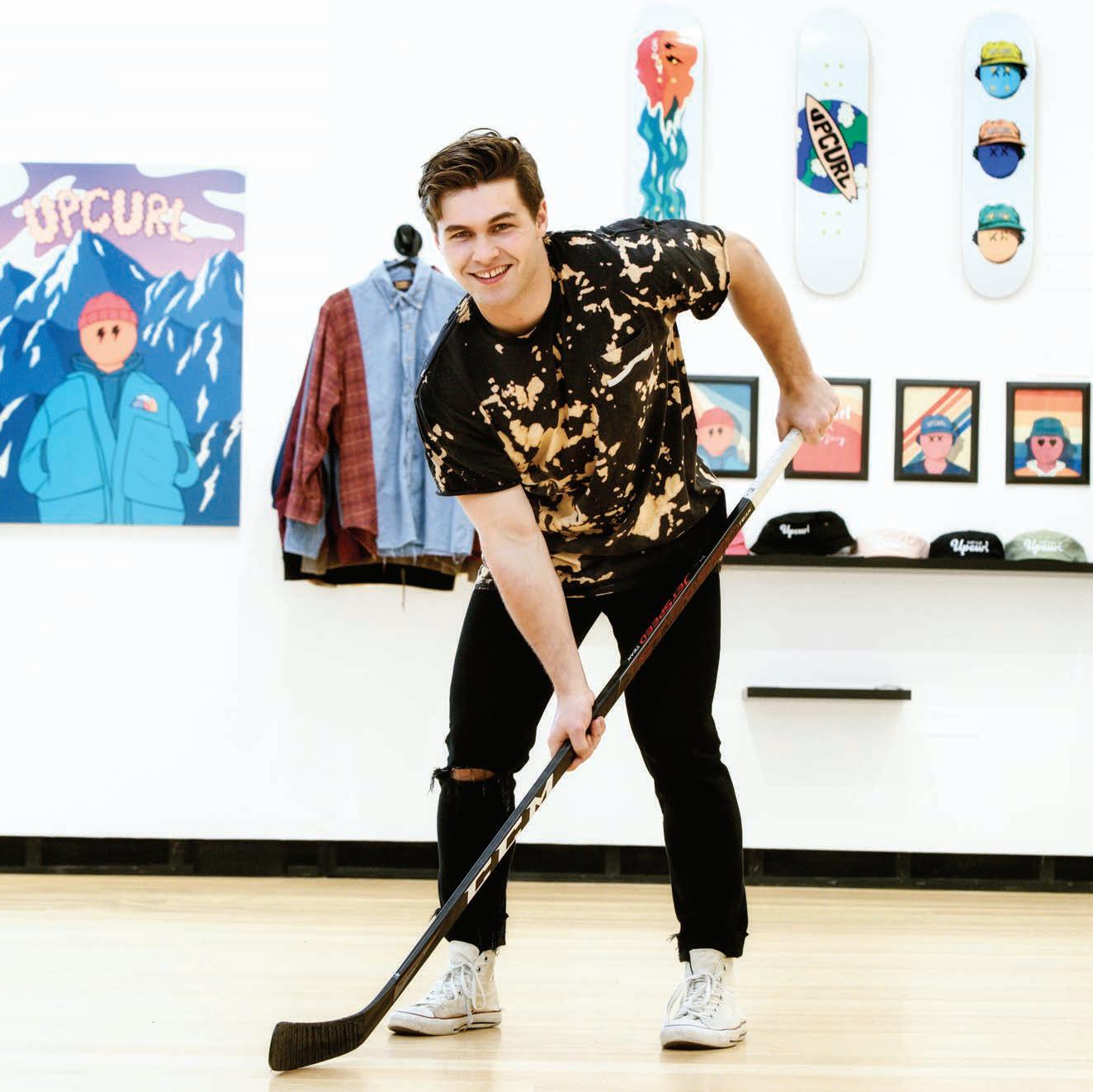
“I urge students in my classes to acknowledge and challenge assumptions. This often leads to students better understanding and appreciating the opposing viewpoint, even if they may still disagree with it.” Stephen Wu, professor of economics
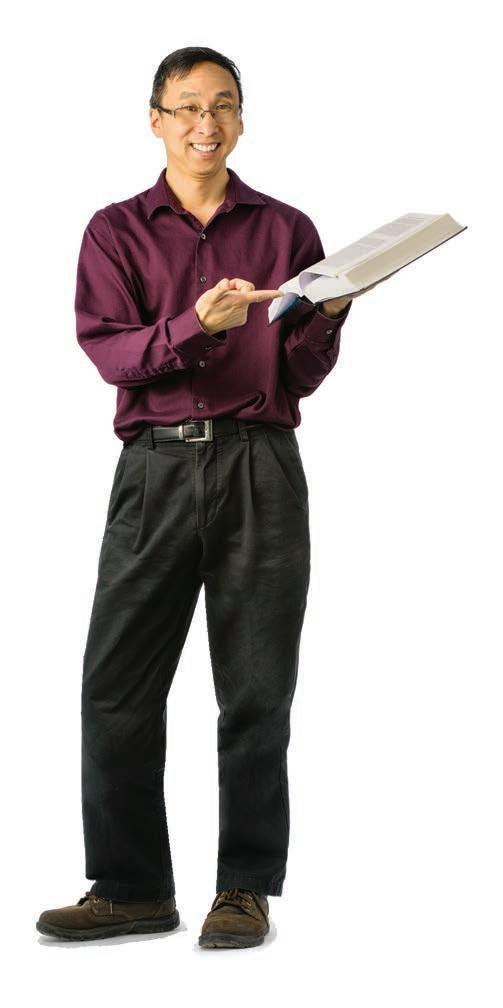
When we designed one of our academic buildings, the faculty wanted a classroom without corners. Everyone participates in the dialogue, and in our class discussions you’ll be asked questions more than you’ll be given the answers. Professors emphasize active participation and discussion, and students refine their opinions based on the arguments put forth by others. You will become a more effective and persuasive communicator — in all forms — after four years at Hamilton.
At most colleges, students need to complete a set of core courses in various disciplines known as distribution requirements. While that isn’t the case at Hamilton, communicating well is a cornerstone value of ours, and we ask all students to complete three courses from across the curriculum designated as writing-intensive. That shows how important our faculty believe it is for you to learn to write in a clear, organized, and effective way. The Writing Center offers individual and group peer tutoring for students at all levels. In fact, nearly 90% of recent graduates report that they’ve had one or more Writing Center conferences during their four years.
Although not required, some courses throughout the curriculum are designated as speaking-intensive, and the annual student public speaking competition is among the longest-standing Hamilton traditions. In every class your professor will expect you to be an active participant, and you will
learn how to articulate your views and contribute to the conversation. We are one of only a handful of top liberal arts colleges with an independent Oral Communication Center. Here you’ll learn to express yourself with clarity and eloquence.
Just as we teach students to write and speak well, we want them — no matter their major — to understand the power and limits of computing processes and how to find, organize, evaluate, and interpret online information. This includes the potential uses of data, analytics, and computer modeling; the use of digital media to communicate and collaborate; and the privacy, security, and other ethical and societal implications of living in an online world.
Students integrate digital capabilities into their Hamilton learning plans through hands-on experiences. You might design virtual reality worlds inspired by novels in a literature class, print medium-format cameras in our new makerspace, or analyze past climate trends and future scenarios in a course called Environmental Data Science. The possibilities are as endless as your imagination.
You don’t have to be an art or music major to integrate creative expression into your learning and life on College Hill. Like to sing? Try out for the College Choir or one of five a cappella groups. What about dance? Hamilton HEAT brings the crowd to its feet at basketball games. Have a knack for the guitar? Join the Jazz Ensemble or start a campus band. Want to improve your drawing skills? Take an art class. At the Wellin Museum, you might engage with professional artists and their work. Plus our Kennedy Center for Theatre and the Studio Arts provides ample spaces to showcase and perfect everything from your photography to acting to audioand video-editing skills. Hamilton’s arts programs are inclusive and that makes them distinctive.
HERE’S A STORY that has gone down in Hamilton history. The setting is a large hall at the Georgetown University Law Center. A second-year student, and Hamilton alumna, sits among a class of law students nervously awaiting the return of their first paper of the semester. The professor is Samuel Dash, former special counsel to the Senate Watergate Committee during the Nixon era. Dash stands at the front of the room, randomly calling numbers assigned to each student. “Number 27?” Student 27 raises his hand, the professor hands over the paper asking, “Where did you go to college?” The student replies, and Dash moves on. This continues with each student receiving a paper and answering, “Harvard, Penn, Princeton …”
Finally when all but one paper is distributed, Dash calls out, “Number 18?” The Hamilton alumna raises her hand. “Where did you go to college?” “Hamilton,” she replies. “Okay, the rest of you,” Dash announces, “you should have gone to Hamilton. You would have learned to write.”
HAMILTON WAS FOUNDED more than two centuries ago as a school of opportunity, and never has that commitment been stronger than it is today. Our mission to prepare students for lives of meaning, purpose, and active citizenship starts with ensuring that a Hamilton education is accessible to the most talented students from around the world, regardless of their family’s financial background. And once you arrive on campus, you’ll be provided with the advising support and stipends to pursue research or creative work, internships, community partnerships, and other opportunities you never even imagined.
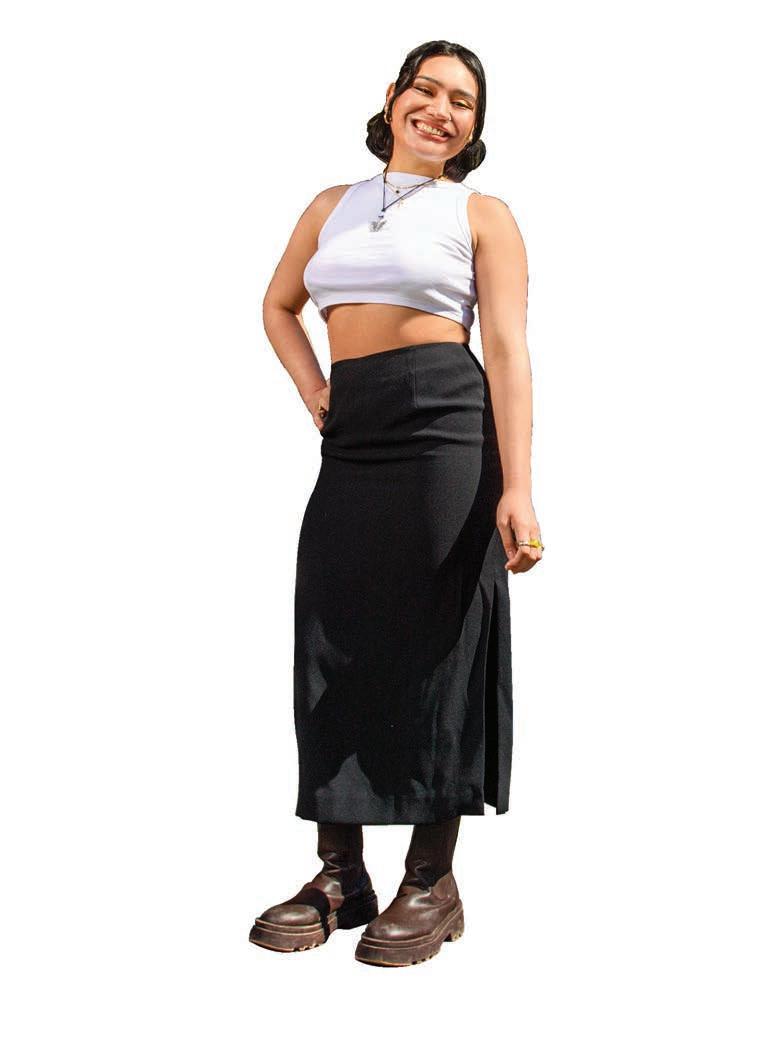
Ashley meeting with friends outside Hamilton's Days-Massolo Multicultural Center
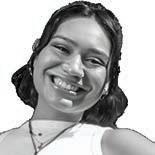
Sociology and Women’s & Gender Studies major
Sadove Student Center manager, Women’s & Gender Studies research assistant, POSSE scholar
background and identifying as a firstgeneration student, I never imagined I’d be conducting research, let alone presenting at a national conference. Professor Matthew Grace was the first person to really believe I could tackle such a sphere, and it was his guidance, and support from the POSSE community, that enabled me to believe in myself as well.
After my sophomore year, I received funding from Hamilton’s Levitt Center to study colorism in the Latinx community. My project focused heavily on individuals’ understanding of race, skin tone hierarchies, and the role each person plays in further instituting such harmful narratives. Meanwhile, Professor Grace, the advisor for my project, was collecting survey data on people’s experiences and anxieties regarding the pandemic. While analyzing his findings, he discovered
several key differences among racialethnic groups. Because the pandemic fore fronted the discrepancies in access to primary care providers, paid sick days, and even personal protective equipment, my previous research provided insight as to how these inequalities might manifest themselves as a result of racism, classism, sexism, ableism, and the other -isms. I was thrilled when Professor Grace invited me to help him with his research.
We presented our study, “RacialEthnic Differences in COVID-19 Anticipatory Stressors,” at the American Sociology Association conference. It was my Introduction to Sociology course with Professor Grace that really set in stone my decision to pursue a sociology concentration, so to have the professor who inspired me invite me to collaborate with him was truly a transformative experience.
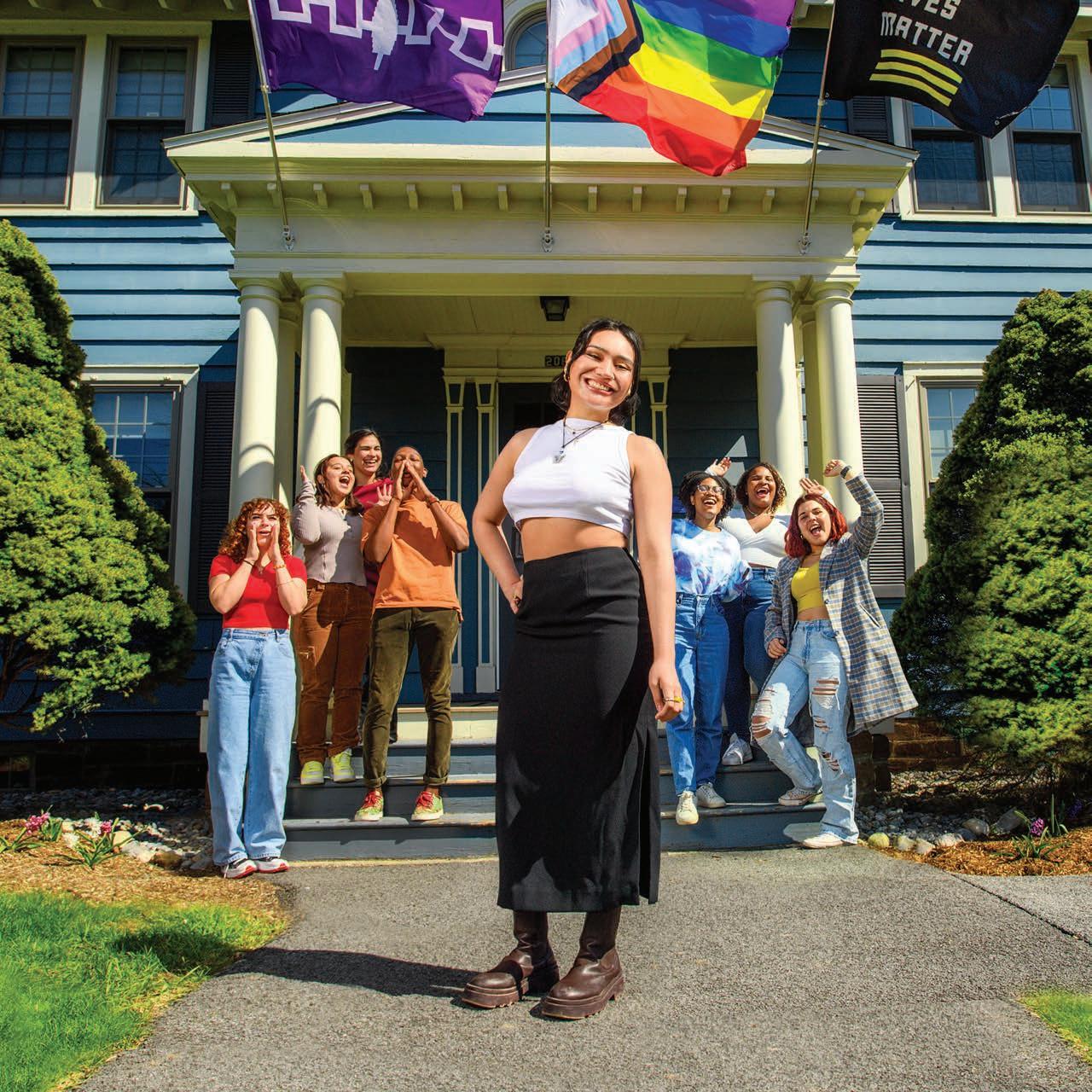
$59+ MILLION Financial Aid Budget
100 PERCENT of demonstrated financial need met for every student admitted to Hamilton Nearly 1 in 5 students receive Pell Grants
50 PERCENT of students receive financial aid
Estimate Your Financial Aid hamilton.edu/estimate
Hamilton meets the full demonstrated financial need of every accepted and enrolled student for all four years.
Our Financial Aid Promise
We strive to ensure that your education will be affordable and worthy of your investment. Hamilton meets the full demonstrated financial need of every accepted and enrolled student for all four years. If your family can only pay a portion of the advertised tuition, room, board, and fees — or maybe even none at all — we help you cover the rest with generous financial aid awards.
Furthermore, if you are a U.S. citizen, your family’s ability to pay our tuition and fees will not be a factor that the admission committee considers when reviewing your application. Many colleges in the country can either meet full demonstrated need, or admit the most qualified students regardless of their need. Hamilton does both.
This financial aid commitment is possible because our alumni, trustees, faculty, and students believe in the promise of a Hamilton education.
Many Kinds of Support
Ensuring all students have equal access to all that Hamilton offers is our most enduring value. That’s why we have funds that provide stipends for you to pursue an unpaid internship, attend a national conference to present your research, visit a museum or catch a performance off campus, or even store your stuff for the summer.
“As a financial aid recipient, I knew just how much my college experience relied on the money I received. Throughout the college application process, I feared my inability to pay for college would force me to sacrifice my education. Luckily I found Hamilton, which recognized my family’s financial situation and made it possible for me to attend.” Kyra Richardson
Jonah Boucher ’17, a former teacher who continued his education at Harvard’s Graduate School of Education, graduated as co-valedictorian of his Hamilton class. Looking back, one of the things he liked best about Hamilton was how it wasn’t always apparent who received financial aid and who paid full tuition. “But it was apparent that there were students from all sorts of different backgrounds,” he said, “and we were all reaping the benefits of our peers who could be there.”
The educational environment you are about to choose is incredibly important. Because Hamilton invites the most talented and deserving students to join our community, and then awards them the financial resources they need to choose us, our classrooms, labs, studios, playing fields, and residence halls are filled with the brightest minds. Being exposed to the different perspectives that make up our campus will enrich your experience and help you fulfill Hamilton’s motto to “know thyself.”
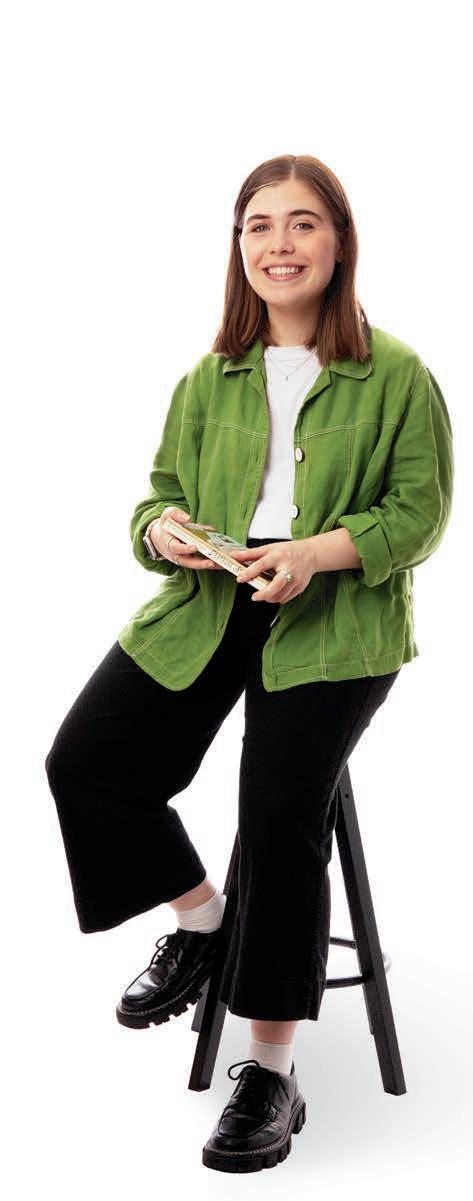
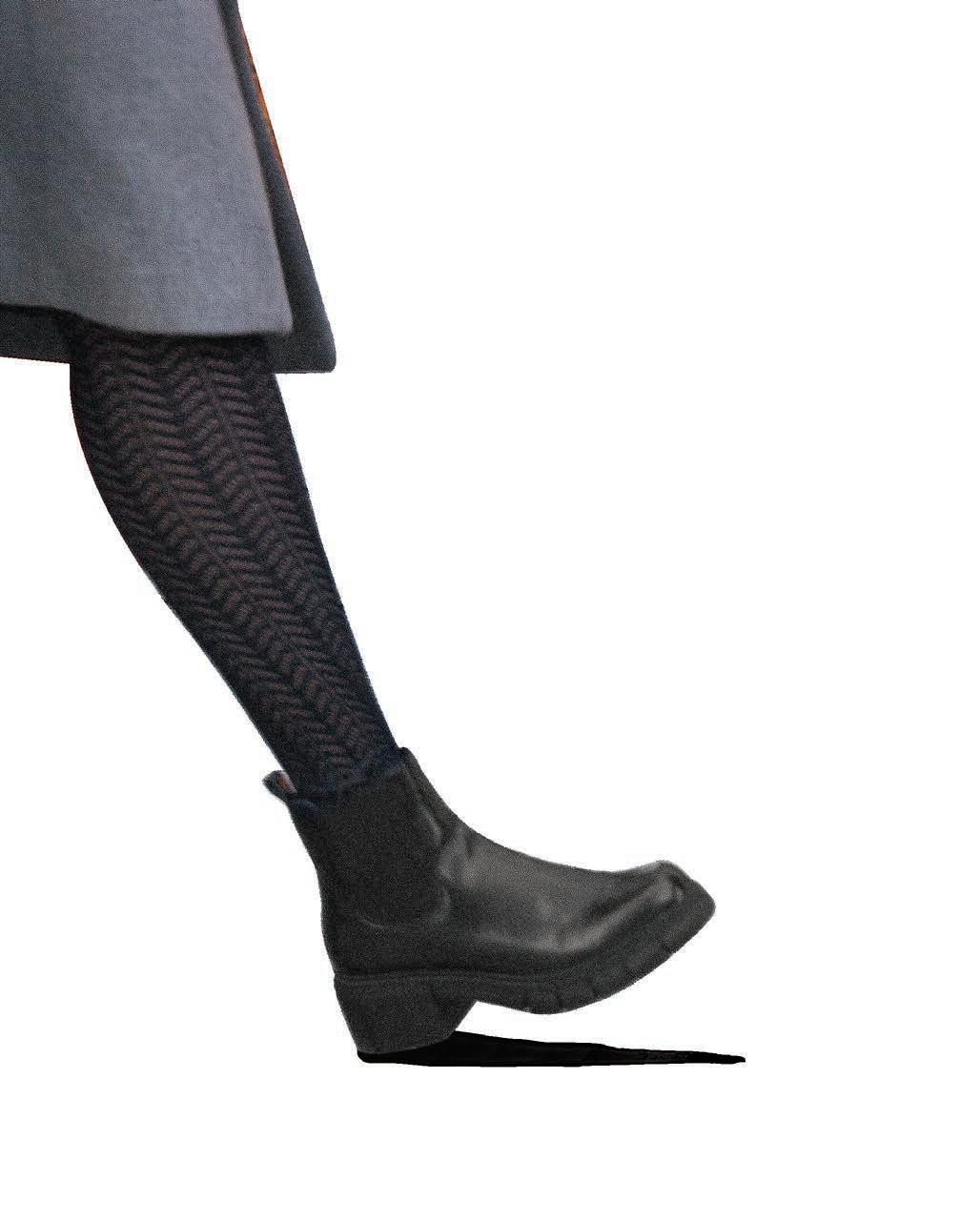
Whether you plan to enter the workforce or pursue graduate study, the communication and critical thinking skills you develop at Hamilton will prepare you for success. The College’s 23,200 alumni include winners of the Nobel Prize, the Pulitzer Prize, and the Presidential Medal of Freedom; college and university presidents and deans; past and current ambassadors and members of Congress, the president’s cabinet, and the National Academy of Sciences; nonprofit leaders, teachers, community volunteers, and philanthropists; Fortune 500 CEOs, entrepreneurs, and Wall Street executives; and authors, journalists, entertainers, and Tony Award-winning playwrights.
MASON ASHE ’85
professional sports agent, nationally recognized by Sports Illustrated
MARY BONAUTO ’83
attorney, argued gay-marriage case before U.S. Supreme Court
WILLIAM BRISTOL, 1882
co-founder, Bristol-Myers Squibb
MATTHEW CARTWRIGHT ’83
U.S. congressman
ANDY CHEN ’16
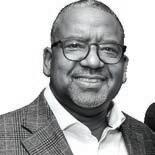
co-founder and CEO, Matice Biosciences
STEVE CULBERTSON ’79
president and CEO, Youth Service America
DREW DAYS ’63
former U.S. solicitor general
JOHN EMERSON ’75
former U.S. ambassador to Germany
DAVID FAXON ’67
cardiologist; former president of the American Heart Association

SPENCER FINCH ’85
artist commissioned to create a piece for the National September 11 Memorial & Museum
EDVIGE JEAN-FRANÇOIS ’90
executive director, Center for Studies on Africa and Its Diaspora at Georgia State University; former senior producer, CNN International
PAUL GREENGARD ’48
recipient, 2000 Nobel Prize in Physiology or Medicine
ALON HILLEL-TUCH ’07
managing partner, Stacked Capital; co-founder, RocketHub
LINDA JOHNSON ’80
president and CEO, Brooklyn Public Library
A.G. LAFLEY ’69
former chairman, president, and CEO, Procter & Gamble
CHRISTINE LAINE ’83
physician and editor, Annals of Internal Medicine
PAUL LIEBERSTEIN ’89
Emmy Award-winning writer, producer, actor, The Office
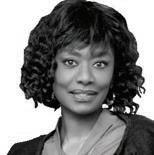
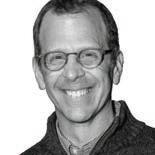
MADISON MALONE KIRCHER ’14 reporter, New York Times
KATHLEEN MCGRORY ’05 reporter, ProPublica; recipient, 2021 Pulitzer Prize for local reporting
THOMAS MEEHAN ’51
Tony Award-winning playwright (The Producers, Hairspray, Annie)
ADAM MILLER ’92 executive VP, NBCUniversal Media
ROBERT MOSES ’56 civil rights leader; founder, The Algebra Project
MICHAEL MURPHY ’87 U.S. ambassador to Bosnia and Herzegovina
JONATHAN OVERPECK ’79 scientist, lead author of the U.N. climate change report
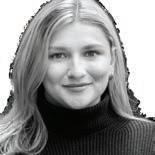
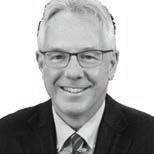
SARAH RAFFERTY ’93 actress, Suits (USA Network)
MARC RANDOLPH ’81 co-founder, Netflix
JOHN RICE ’78 former president/CEO, General Electric Energy; former president/ CEO, GE Global Growth and GE Industry & Infrastructure
ELIHU ROOT, 1864 secretary of war; secretary of state; winner of the 1912 Nobel Peace Prize
KAMILA SHAMSIE ’94 award-winning novelist
JAMES SHERMAN, 1878 27th U.S. vice president
JOSH SIMPSON ’72 world-renowned glass sculptor
B.F. SKINNER, 1926 behavioral psychologist
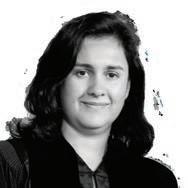
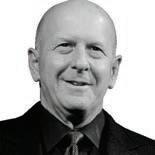
DAVID SOLOMON ’84 chairman and CEO, Goldman Sachs
“My time at Hamilton was vital in forming the foundation of who I am now as an author — being free to take a wide range of classes truly allowed my creativity to flourish.”
Sarah Maas ’08, best-selling author, Throne of Glass, A Court of Thorns and Roses, and Crescent City series
THOMAS TULL ’92 founder, Legendary Entertainment
THOMAS VILSACK ’72 U.S. secretary of agriculture
WYNN VAN DUSEN ’15 senior news producer, Last Week Tonight with John Oliver (HBO)
MELINDA WAGNER ’79 winner of the 1999 Pulitzer Prize in Music Composition
EDWARD WALKER ’62 former U.S. ambassador to Israel, Egypt, and the United Arab Emirates
RACHEL WEISS ’93 vice president, L’Oreal BOLD Ventures
WILL WHELAN ’23 creative strategy lead, Chess.com
STEVEN WULF ’72 founding executive editor, ESPN The Magazine
GILLIAN ZUCKER ’90 president of business operations, LA Clippers
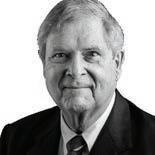
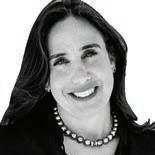
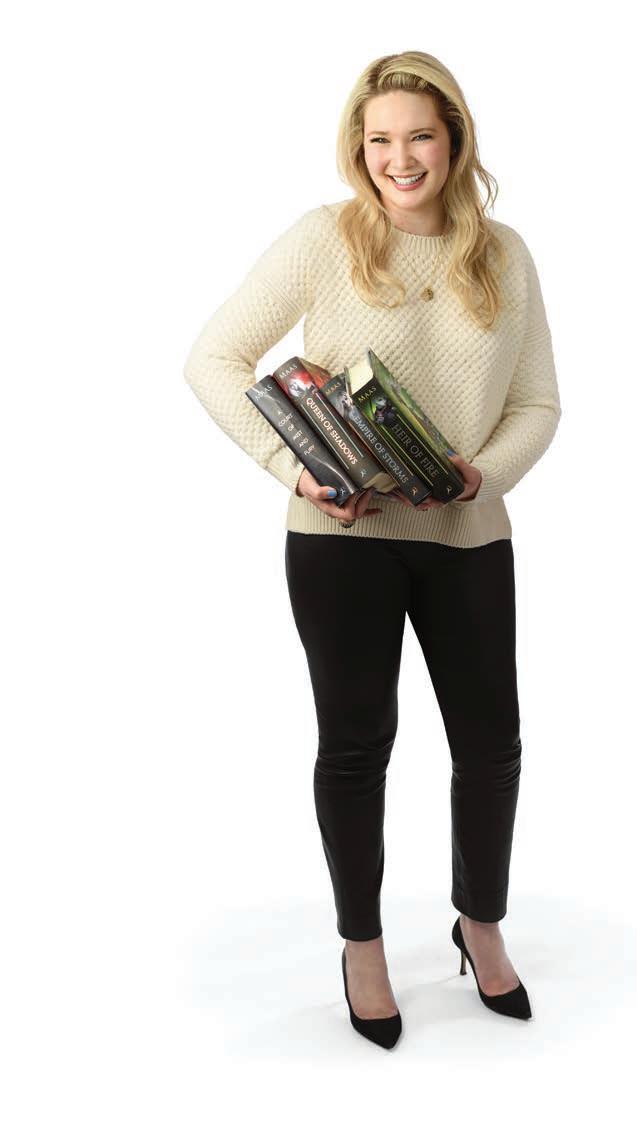
WHAT FOLLOWS IS A SAMPLING of Hamilton facts and lists — the stuff we think you want to know, the stuff we think we’re good at, and, in some cases, the stuff other people think we’re good at. We hope this information helps you determine if Hamilton is right for you.
One thing you won’t find in these lists: Hamilton’s place on different rankings. It’s not because we don’t do well; it’s that we don’t believe a college education can be reduced to a single numerical value that incorporates all the things that matter to different types of students.
Finding the right college is about finding where you’ll be happy, supported, and successful.


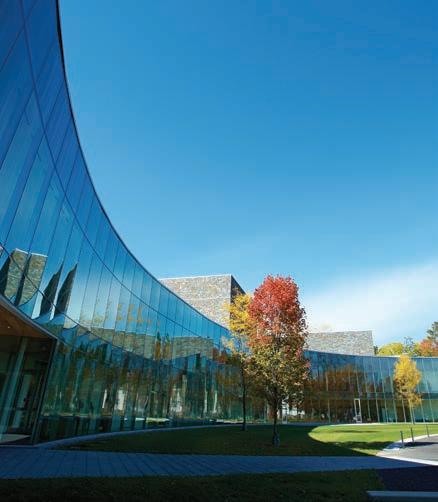
U.S. statesman, first secretary of the U.S. Treasury, member of the first Board of Trustees of the Hamilton-Oneida Academy, lent his face to that $10 bill in your pocket, and inspiration for the Broadway musical Hamilton.
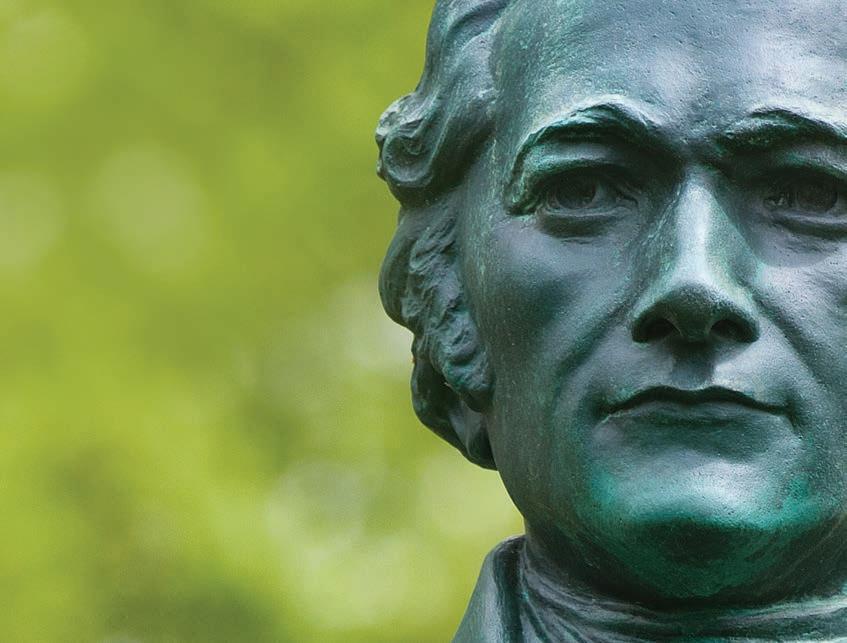
Life is a constant process of learning about the world and your place in it. You don’t need to know everything about yourself when you enroll at Hamilton; just be eager to become the person you are meant to be.
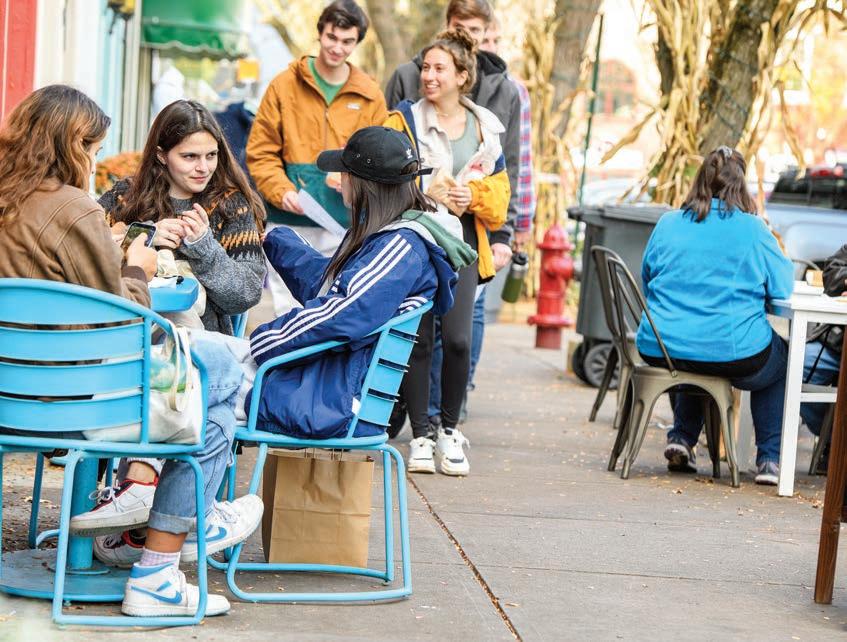
Hamilton’s 1,350-acre campus is situated on a hilltop overlooking the safe and picturesque village of Clinton, N.Y. The College is eight miles southwest of Utica (pop. 65,000), 45 minutes east of Syracuse, one hour from the Adirondack Park to the northeast, 90 minutes west of Albany, three hours from Niagara Falls, and four hours from Boston or New York City.
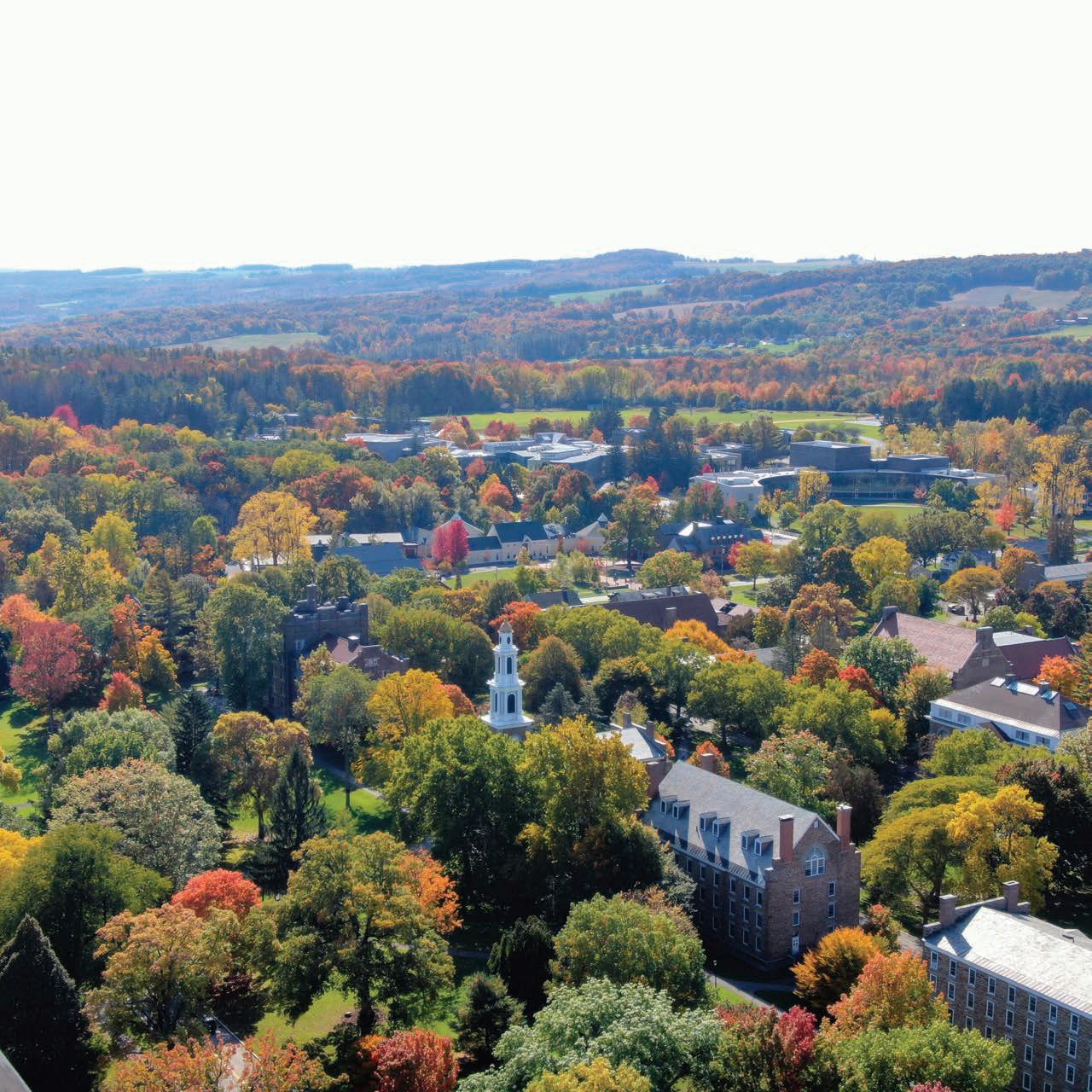
Founded as the Hamilton-Oneida Academy in 1793, Hamilton College was chartered in 1812 and is among the three dozen oldest colleges in the United States.
DEGREE OFFERED: BACHELOR OF ARTS
FACULTY
201 FULL TIME
STUDENT/FACULTY RATIO
9:1
Student/faculty ratio
97 PERCENT hold the highest degree in their field
80 PERCENT of students graduate with two majors or a major and a minor CLASS SIZE
27 PERCENT have 9 or fewer
70 PERCENT have 19 or fewer
MOST POPULAR MAJORS
58 Areas of study
44 Majors
RECENT POPULAR DOUBLE MAJORS Economics Computer Science Biochemistry
MOST POPULAR MINORS Mathematics Government
Studies Music
OFF-CAMPUS STUDY
100+
off-campus study options
COURSES DESIGNATED AS “WRITING-INTENSIVE”
140+
WRITING CENTER
3,700+
average number of individual writing conferences a year
90 PERCENT of senior had one or more Writing Center conferences during their four years
2,000
STUDENTS
RETENTION RATE Around 96 PERCENT of students return for sophomore year
SIX-YEAR GRADUATION RATE
27 PERCENT are U.S. students of color
8 PERCENT are international citizens
STUDENTS COME FROM
50 STATES 56 COUNTRIES
More than 91 and territories
14
PERCENT of students are from the first generation in their family to attend college About
PERCENT of students graduate within six years (among the highest in the U.S.)
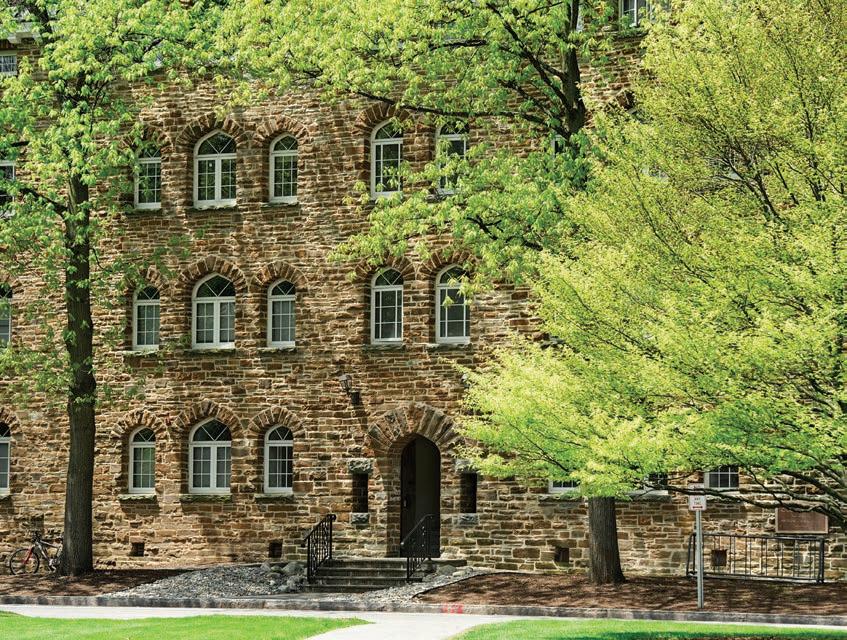
More than
70 PERCENT of students serve in at least one leadership position
28
Residential Options from small houses to large residence halls, offering singles, doubles, triples, quads, apartments, and suites
100 PERCENT of students live on campus
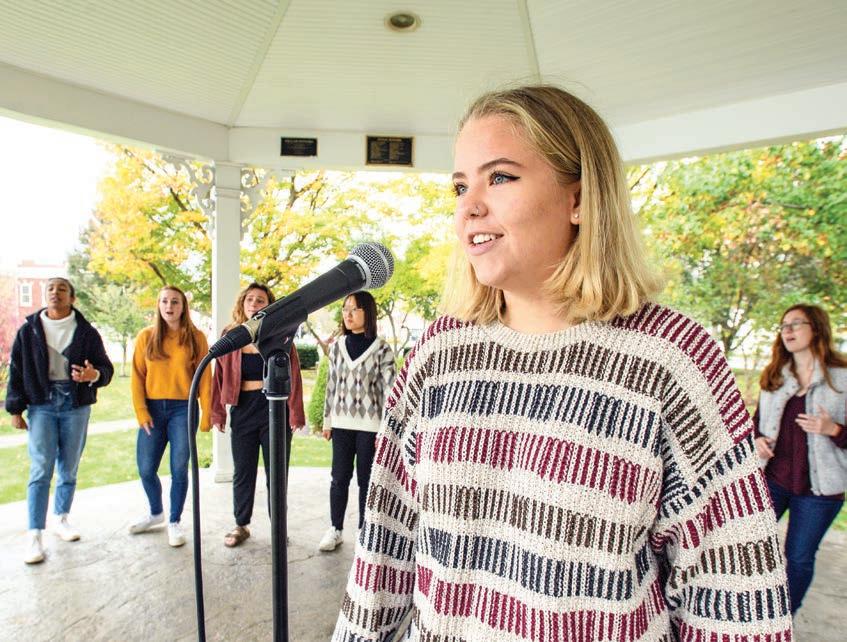
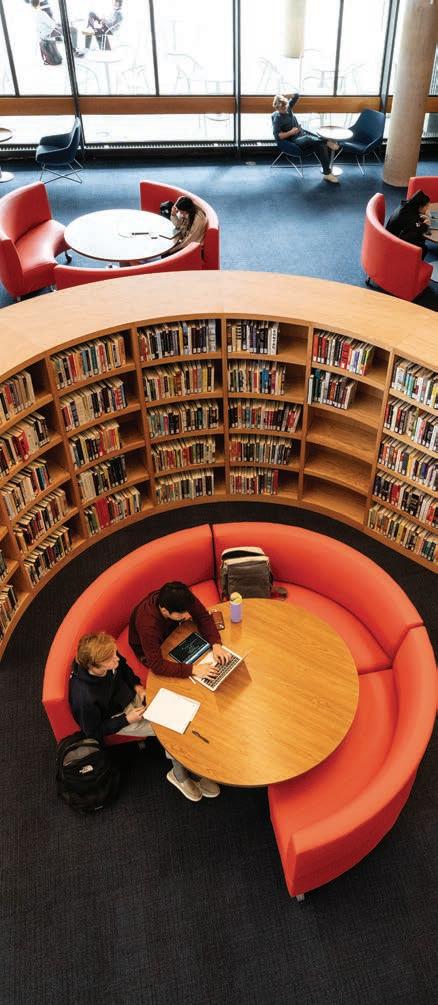
Glen House, KJ Commons, Science Center Atrium, Dining Halls, Sadove Sun Porch, Little Pub, FoJo Beans Café, CJ Browsing Room, KTSA
2 dining halls, a breakfast spot, a diner, a pub, and 3 coffeehouses
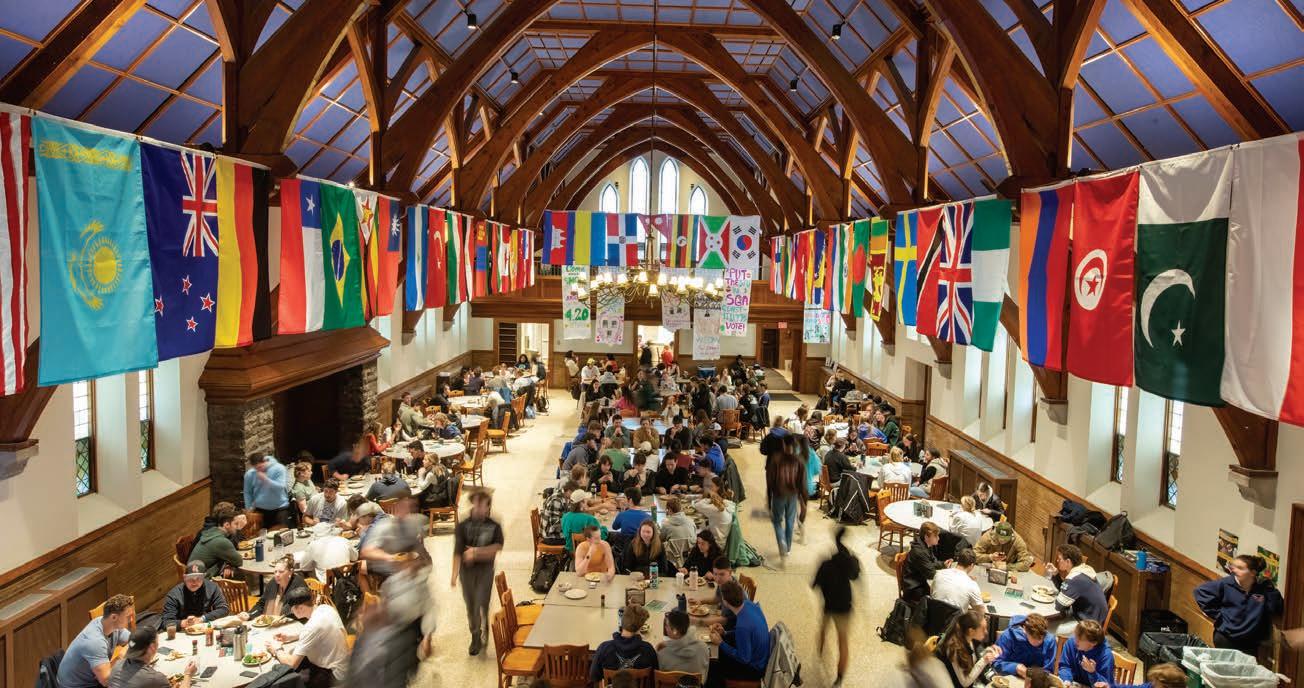
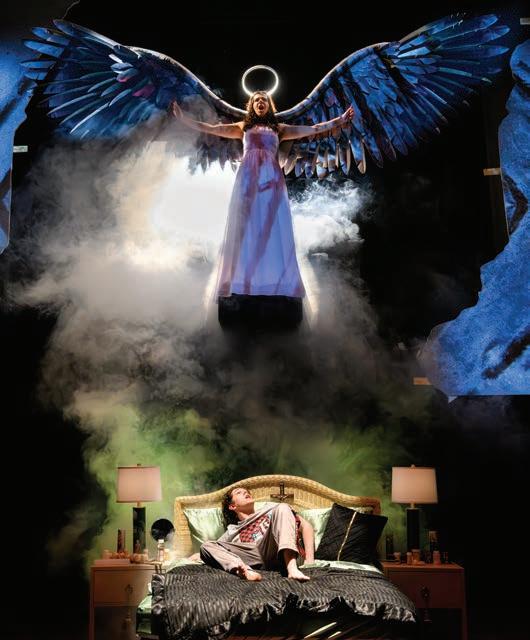
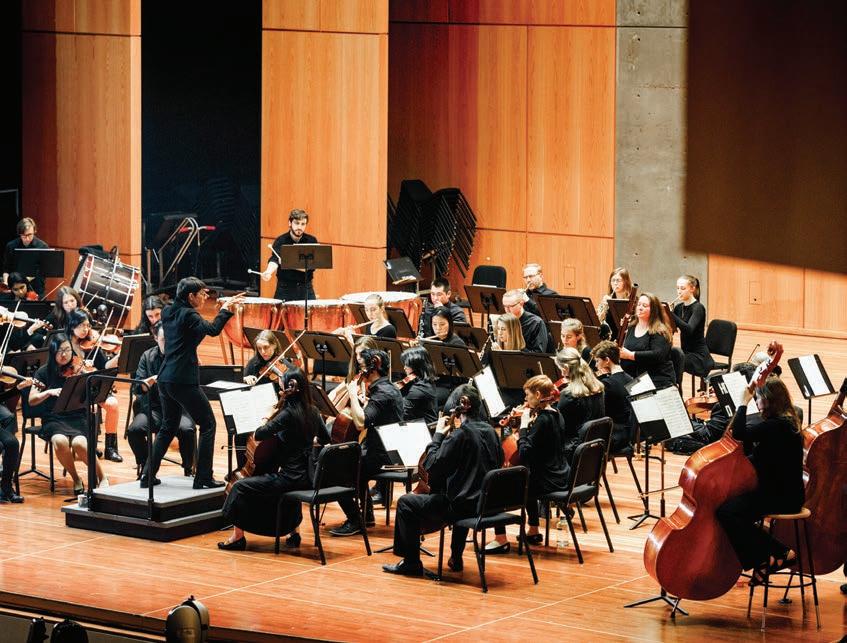
Events held each year in Wellin Hall
Hamilton sponsors a broad-based athletics program that provides highquality facilities and experiences for everyone in the community, from recreational athletes looking to stay fit to competitive athletes striving to become national champions.
Hamilton competes in the NCAA Division III and is a charter member of the New England Small College Athletic Conference (NESCAC) with Amherst, Bates, Bowdoin, Colby, Connecticut College, Middlebury, Trinity, Tufts, Wesleyan, and Williams.
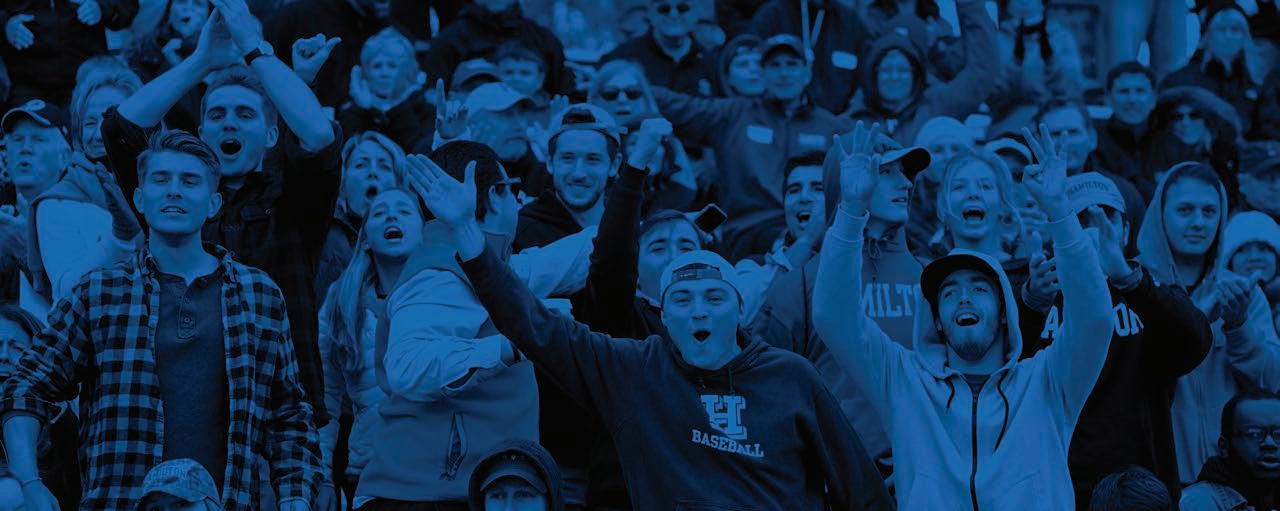
Roughly
34 PERCENT of Hamilton students play a varsity sport
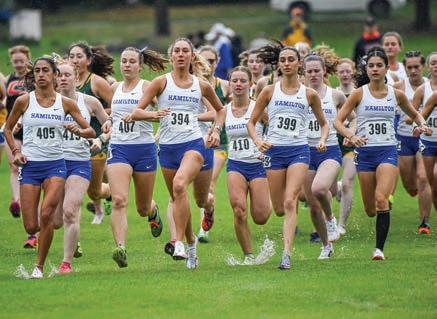

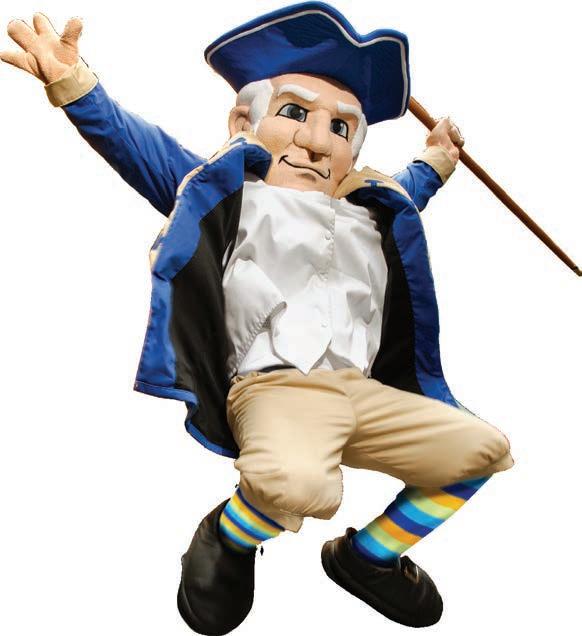
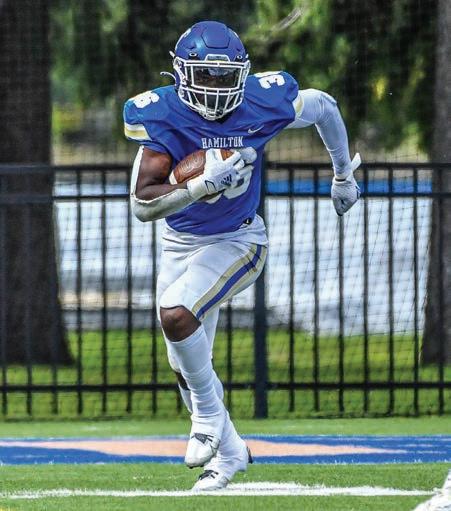
29
VARSITY TEAMS
Baseball (m)
Basketball (m/w)
Cross Country (m/w)
Field Hockey (w)
Football (m)
Golf (m/w)
Ice Hockey (m/w)
Lacrosse (m/w)
Rowing (m/w)
Soccer (m/w)
Softball (w)
Squash (m/w)
Swimming and Diving (m/w)
Tennis (m/w)
Track and Field, Indoor (m/w)
Track and Field, Outdoor (m/w)
Volleyball (w)
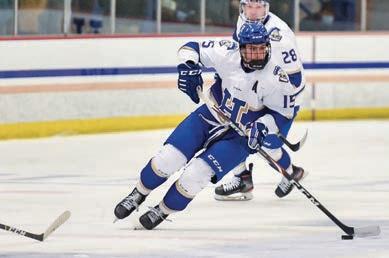
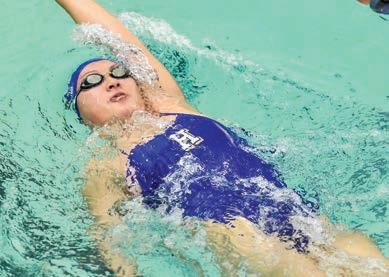
16
CLUB SPORTS
Alpine Skiing
Curling
Equestrian
Fencing
Figure Skating
Ice Hockey
Multisport Club (Cycling/Running)
Nordic Skiing
Rugby (m/w)
Sailing
Soccer (m/w)
Ultimate Frisbee (m/w)
Water Polo
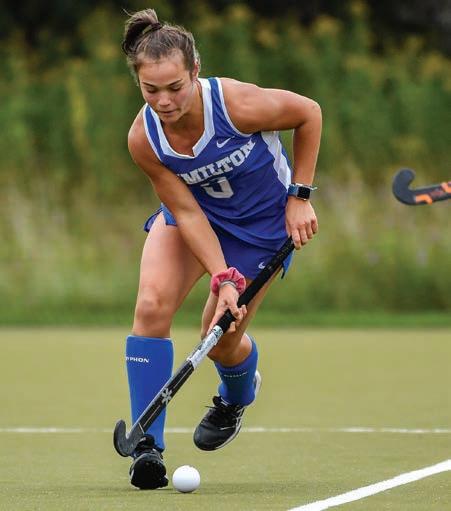
13
INTRAMURAL PROGRAMS
Badminton
Basketball
Bocce Ball
Flag Football
Indoor Soccer
Kickball
Pickleball
Racquetball
Soccer
Spikeball
Squash
Tennis
Volleyball
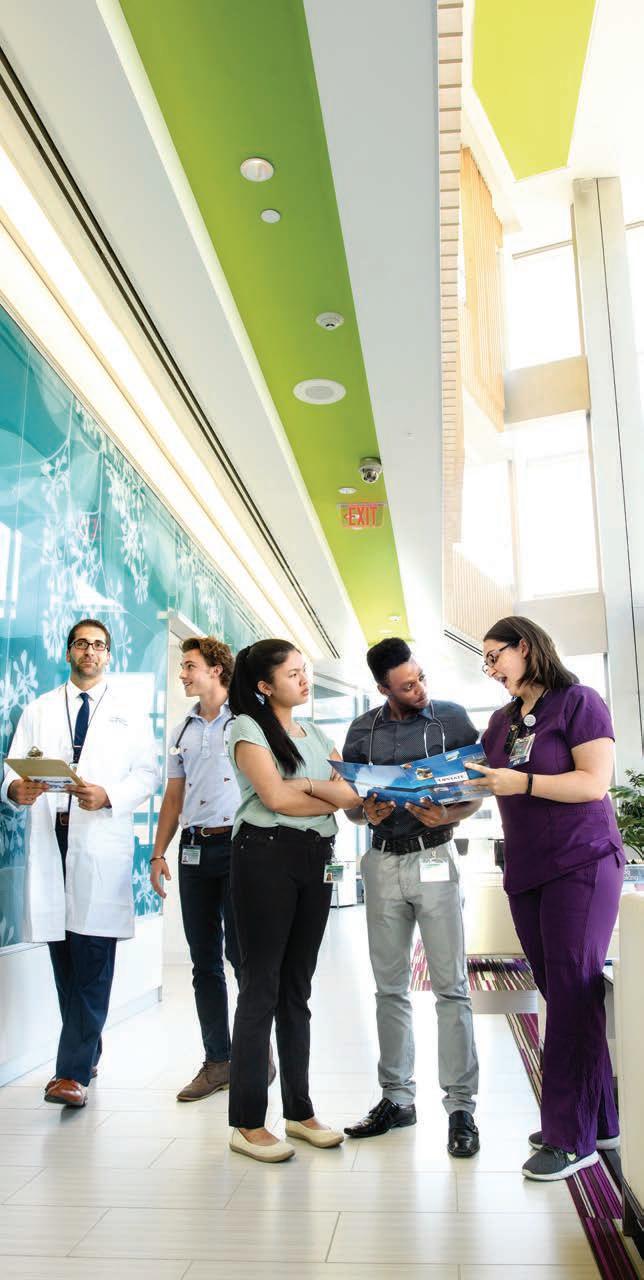
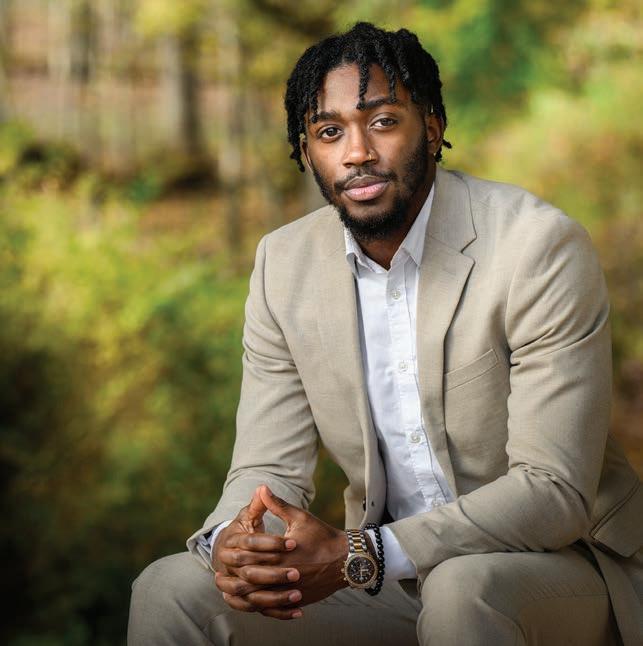
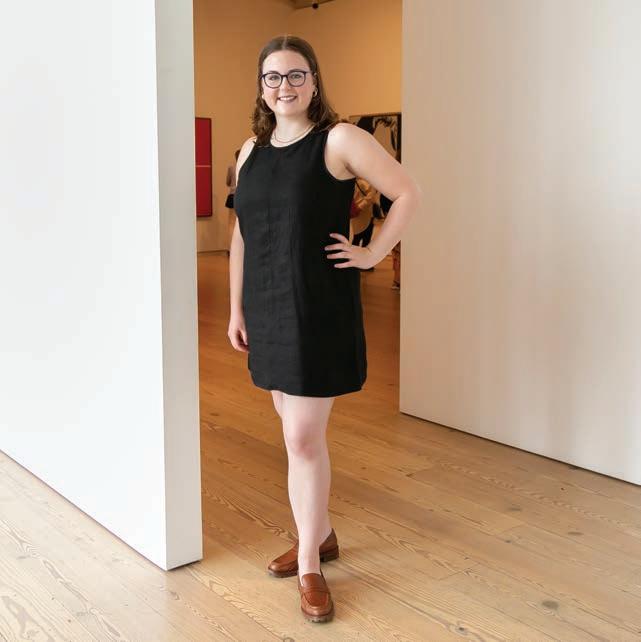
PERCENT of recent graduates are in a job, graduate school, internship, or pursuing a fellowship within nine months of graduation
PERCENT of recent graduates have at least one career-related experience
EMPLOYMENT FIELDS FOR RECENT GRADUATES
PERCENT of recent graduates have at least two career-related experiences
DESTINATIONS FOR RECENT GRADUATES
GRADUATE STUDY FIELDS FOR RECENT GRADUATES
Height of the climbing wall in the Blood Fitness & Dance Center
34 feet
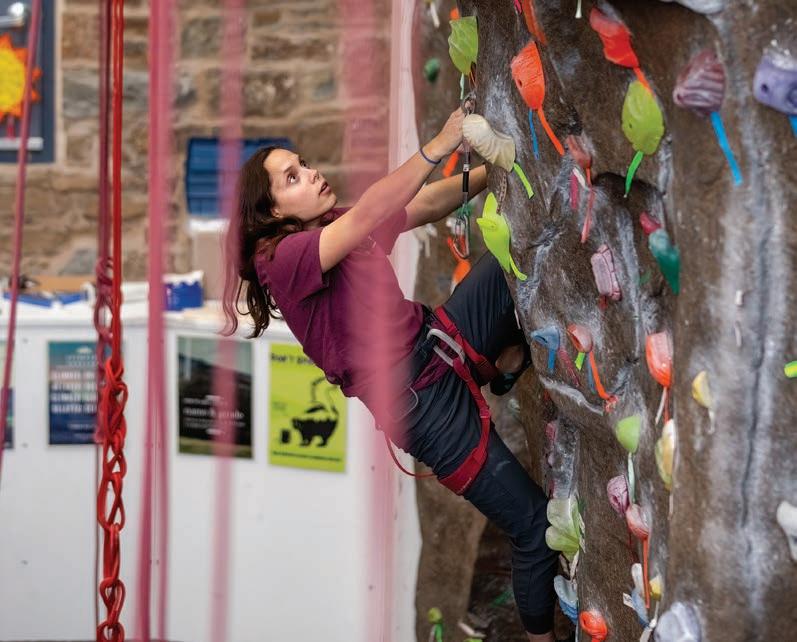
Number of classes from across the disciplines that utilized the Wellin Museum of Art last year
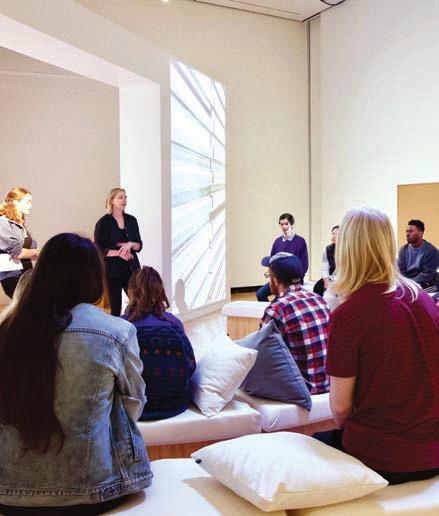
139
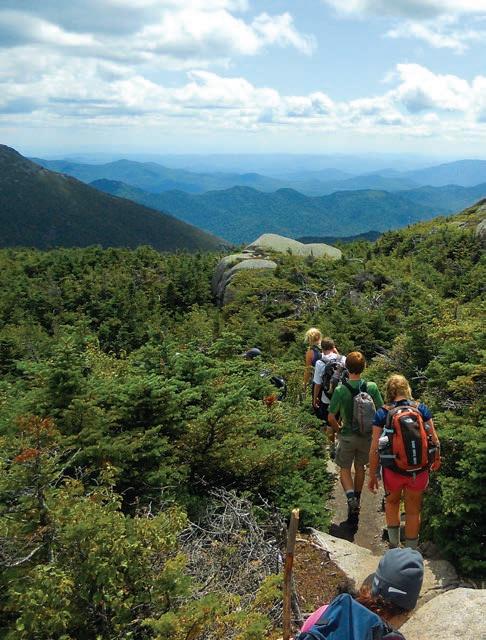
Number of Adirondack high peaks summited by Hamilton students in one weekend
46 ALL [elevation > 4,000 ft]

Number of tree species that are part of Hamilton’s Root Glen, a popular campus trail, and the arboretum
150
300+
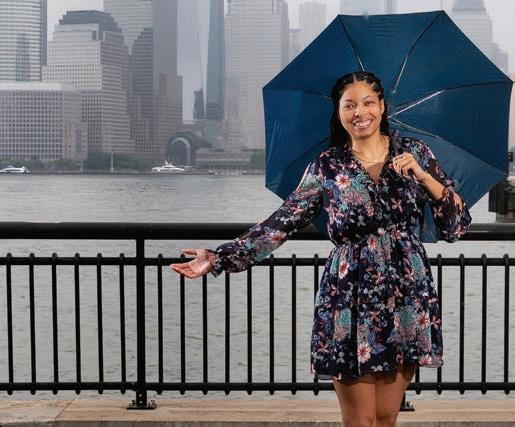
Hamilton-funded research and internship opportunities available each summer
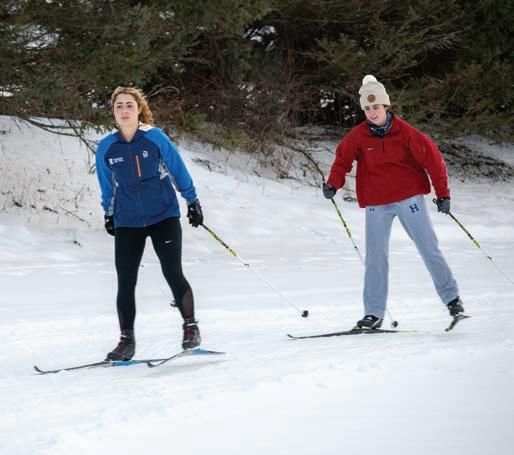
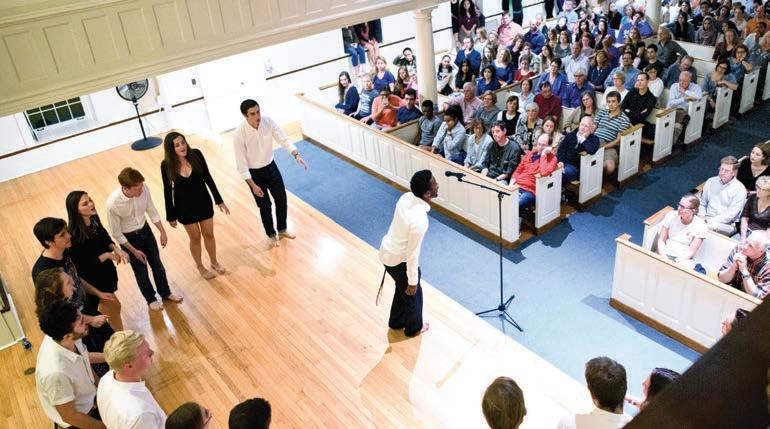
Average number of inches of snow each winter (bring it on, we’re a hardy bunch)
96
4,500+
Number of Hamilton alumni with CEO, president, executive vice president, owner, founder, director, or similar titles
60
1,800
Approximate number of studenthosted events each year
PERCENT of students participate on a varsity, club, or intramural sports team

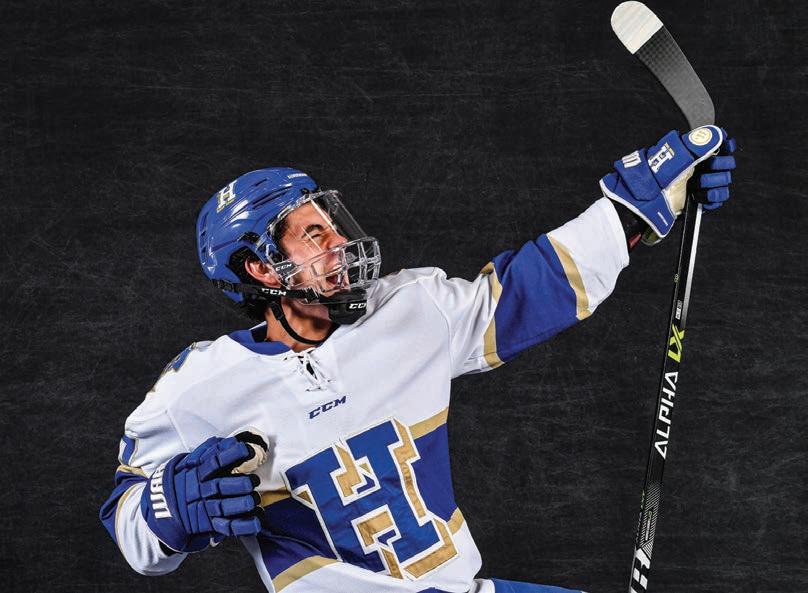
WE WON’T EVER TAKE YOUR INTEREST FOR GRANTED.
Our motto may be “Know Thyself,” but we don’t expect you to know what you’re going to do, much less who you’re going to be, when you apply to college. The journey is as important as the destination, and that starts with your college search. And while there’s a lot we can’t guarantee about your college search adventure, we will never take your interest in Hamilton for granted.
INTENTIONAL.
Make a list of places to explore and visit, and browse the fancy brochures and websites. But don’t stop there. Somewhere along the way, you’ll figure out what you like, what you don’t, and where you think you will thrive. Wellintentioned parents, friends, and teachers will offer their advice, and some of it will be helpful. In the end it’s up to you to make sure every college you apply to is a place you’d like to attend.
HAMILTON IS ONE OF THE MOST GENEROUS COLLEGES IN THE COUNTRY.
We start by meeting the full demonstrated financial need of every accepted and enrolled student for all four years. We invest in you by ensuring that the right resources (such as our Career Center and ALEX program) and an abundance of opportunities (research, internships, and off-campus study, to name a few) are in place. Faculty advisors, staff mentors, and Hamilton alumni are generous with their time and will support you throughout your undergraduate journey and beyond.
VISIT AND ENGAGE … HERE OR THERE.
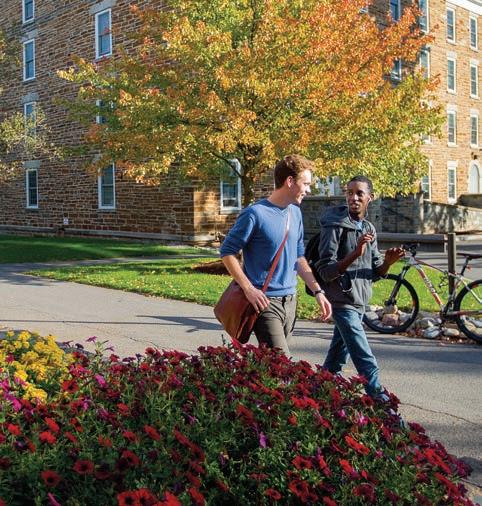
PRESENT YOUR BEST SELF.
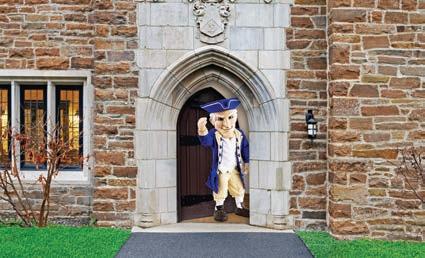
While we’d love to greet you in person, we recognize not everyone will be able to visit campus. So, we have a number of ways for you to engage with us: Tours From Your Sofa, video interviews, Major Meetups, and Virtually Hamilton sessions.
The most important parts of your application are your academic record and potential. But we have lots of candidates who are very strong on those fronts. We also try to determine who will take advantage of the opportunities we offer and thrive in our community. Much is gleaned from interviews (optional, but encouraged), essays, recommendation letters, and other materials you submit. A long list of activities is far less important than having a commitment to a few things about which you are deeply passionate. We promise every application we receive will get fair consideration and thoughtful review.

Hamilton has a long tradition of emphasizing writing and speaking as cornerstone values, and students come here to find their voice. We seek students who embody that aspiration and demonstrate that potential in their application essays and in their interviews. Check our admission website for essay and interview tips, our Writing Center’s “Seven Sins of Writing,” and other helpful resources.
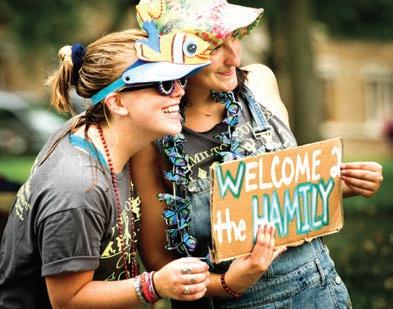
Admission officers care more about the applicants they can’t admit than you could ever imagine.
Hamilton does not require the SAT or ACT for admission. It’s up to you whether you choose to submit scores, but keep in mind that providing more information is generally better than providing less information. We want to be certain that our students are ready for a rigorous and dynamic academic experience. If testing isn’t submitted, then other academic parts of your application (e.g., transcript, courses, and grades) should be strong enough to demonstrate that you’re ready for the challenges that await you.
Not everyone applies Early Decision (really), and in fact, most of our applicants (and admits!) apply Regular Decision. Sometimes it is for financial reasons, sometimes to improve your academic record, and sometimes you just need more time! Others race through the application process but want a little more time before college. We are supportive of gap years that allow students to travel, grow, explore, and learn in new and different ways before college. Hamilton also welcomes about 40 new first-year students each January. Many of our “Jans” take classes at one of our global partner programs, but others spend the fall doing community service, outdoor adventure programs, or working full time.
9 BE AS PREPARED FOR COLLEGE AS YOU ARE FOR THE APPLICATION PROCESS.
Take care of yourself, and keep this part of your journey in perspective. The college search can be a stressful process with lots we can’t promise and you can’t control. But remember you will get through this and on the other side may even wonder what the fuss was all about!
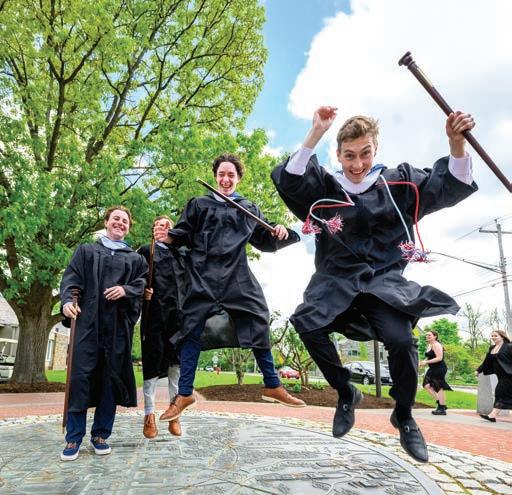
Hamilton College values and respects intellectual and cultural diversity, because such respect promotes free and open inquiry, independent thought, and mutual understanding.
The College complies with all relevant state and federal laws on non-discrimination. The Title IX coordinator, Hamilton College, Clinton, NY, 13323 (315-859-4245) is responsible for coordinating the College’s efforts to comply with Title IX of the Education Amendment of 1972, which prohibits sex discrimination, as well as its procedures for dealing with discrimination/harassment on the basis of characteristics protected by law, including but not limited to age, gender, gender identity or expression, sex, race, color, national origin, sexual and affectional orientation/association, military or veteran status, marital status, mental/physical disability, genetic information, ethnic origin, religion, and/or citizenship status. Concerns can be reported to the Title IX Coordinator at titleix@hamilton.edu. The associate dean for accessibility resources, Hamilton College, Clinton, NY, 13323 (315-859-4021) oversees compliance with the Americans with Disabilities Act (ADA) and Section 504 of the Rehabilitation Act for students. More information is available on Hamilton’s website at: hamilton.edu/nondiscrimination.
Hamilton College complies with all federal and state laws including publishing and making available its Annual Security Report. The report includes statistics for the previous three years concerning reported crimes and institutional policies addressing campus safety. The Advisory Committee on Campus Safety will provide upon request all campus crime statistics as reported to the United States Department of Education. To obtain a copy of this report, contact the Department of Campus Safety, Hamilton College, Clinton, NY 13323 (315-859-4141) or visit: hamilton.edu/annualsecurityreport.
Hamilton College is fully accredited by the Middle States Association of Colleges and Schools, 3624 Market St., Philadelphia, PA, 19104 (267-284-5000).
August 2024
CONTACT
Hamilton College
Admission and Financial Aid Office
Siuda House
198 College Hill Road
Clinton, NY 13323
hamilton.edu
ADMISSION
315-859-4421
800-843-2655
FAX 315-859-4457
hamilton.edu/admission
FINANCIAL AID
315-859-4434
800-859-4413
FAX 315-859-4962
hamilton.edu/finaid
SOCIAL MEDIA
instagram.com/hamiltoncollege instagram.com/knowhamilton facebook.com/hamiltoncollege youtube.com/hamiltoncollege
tiktok.com/@hamiltoncollege x.com/hamiltoncollege
